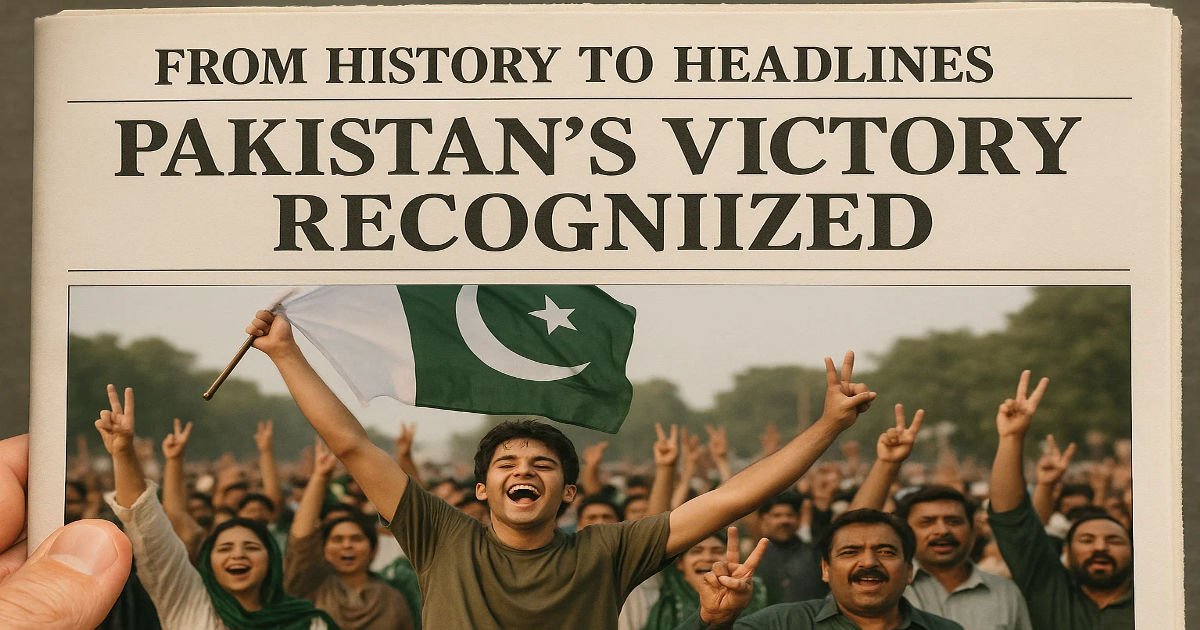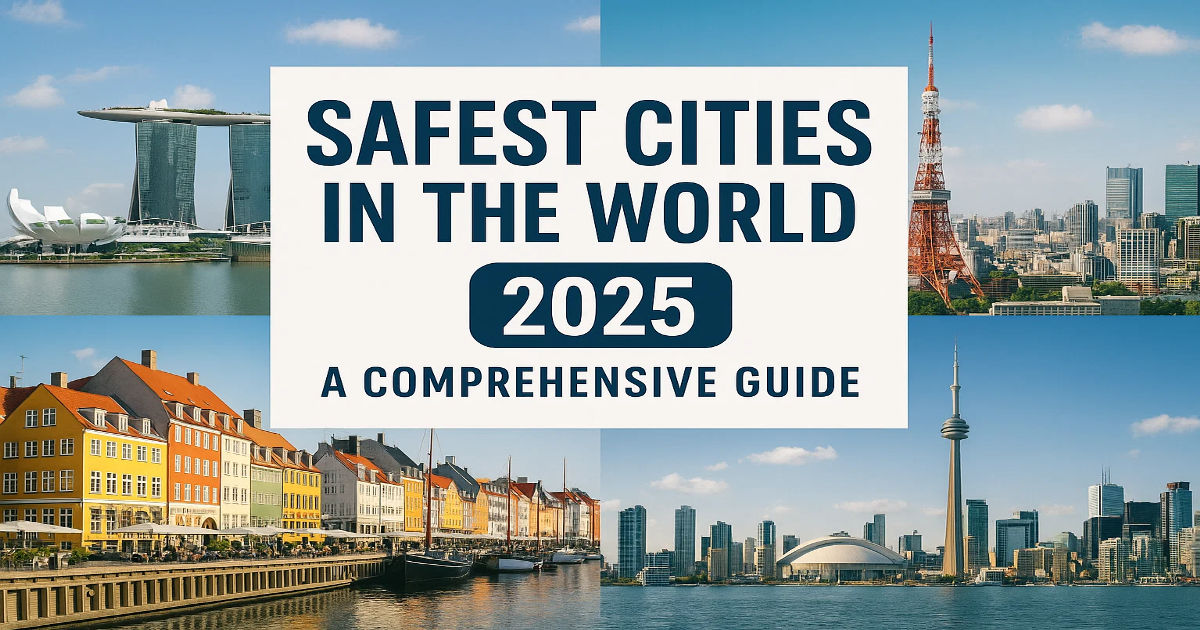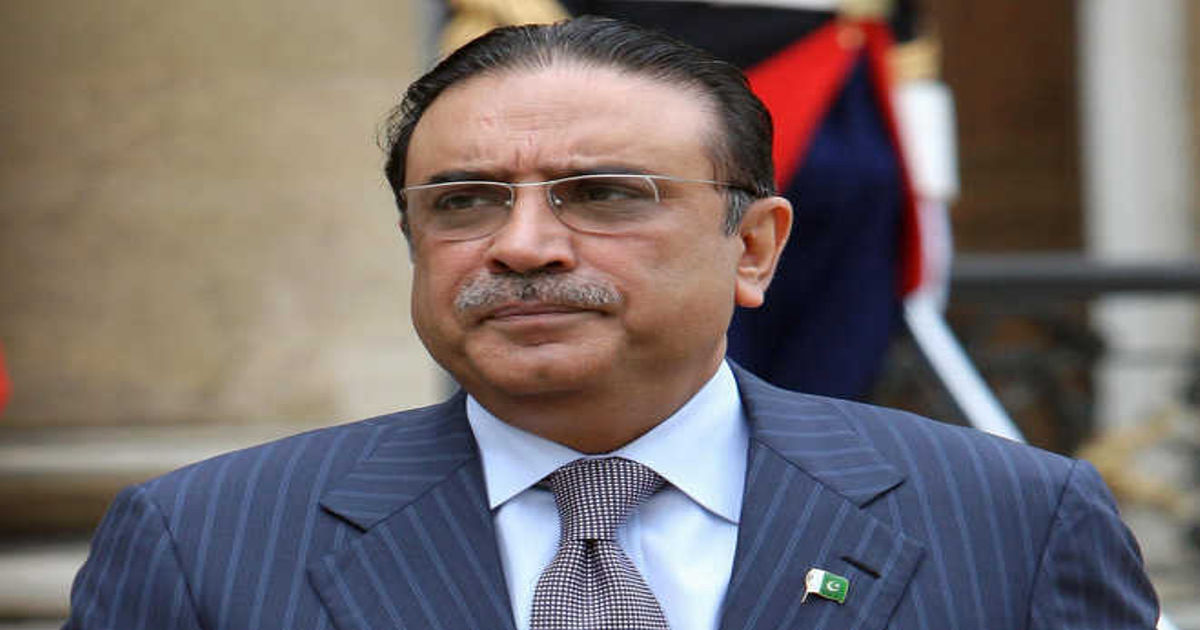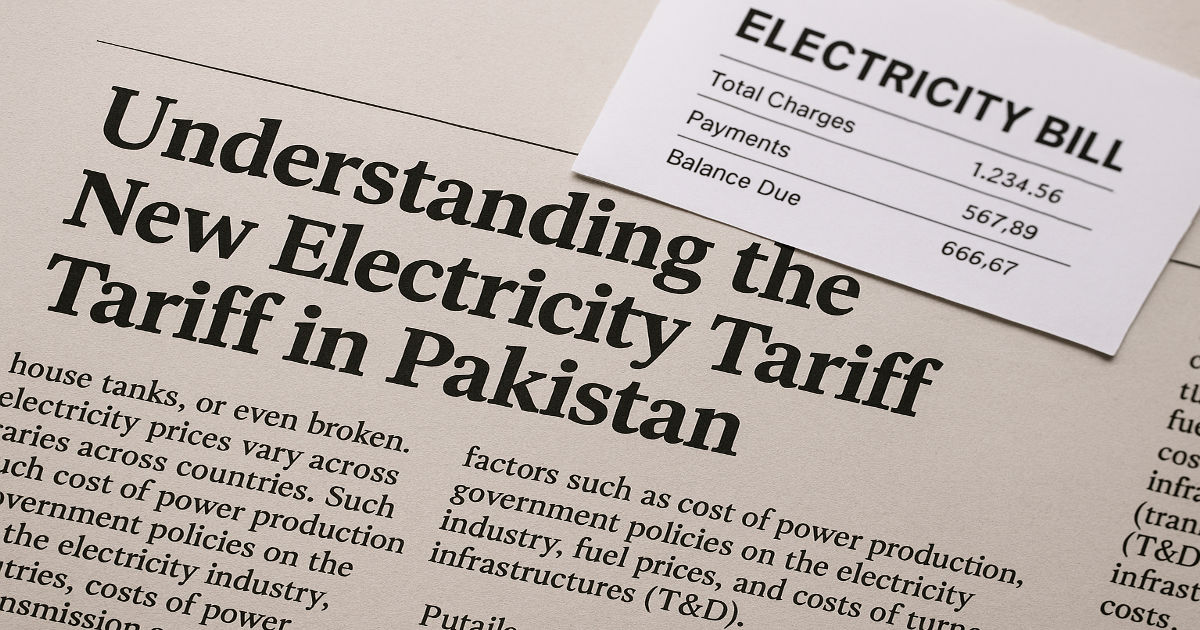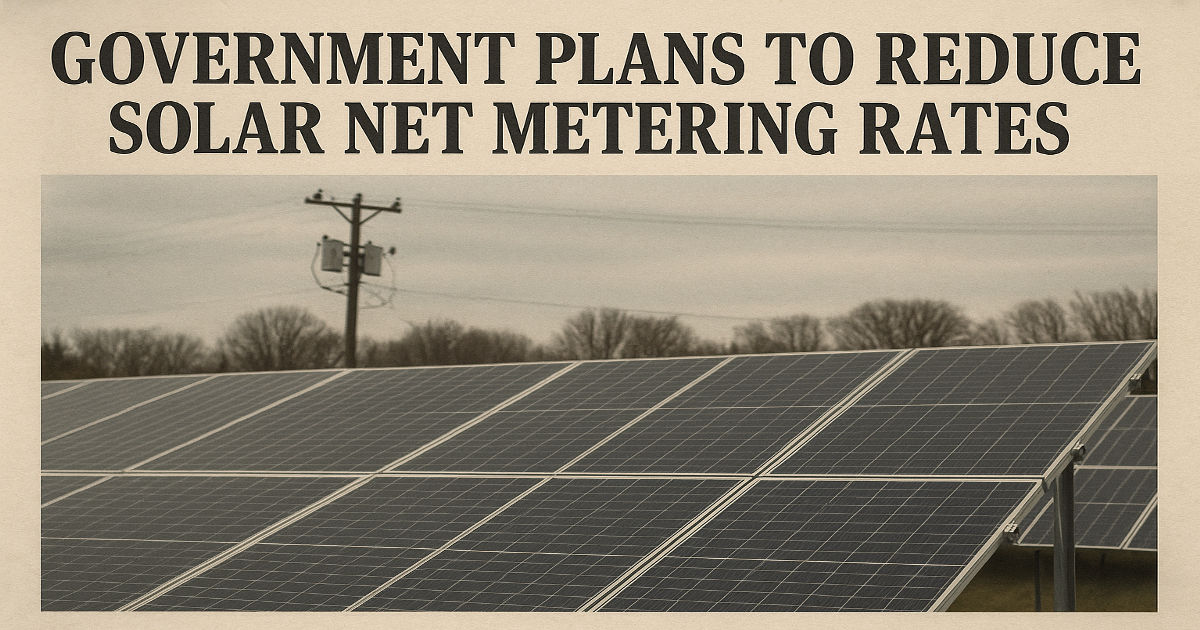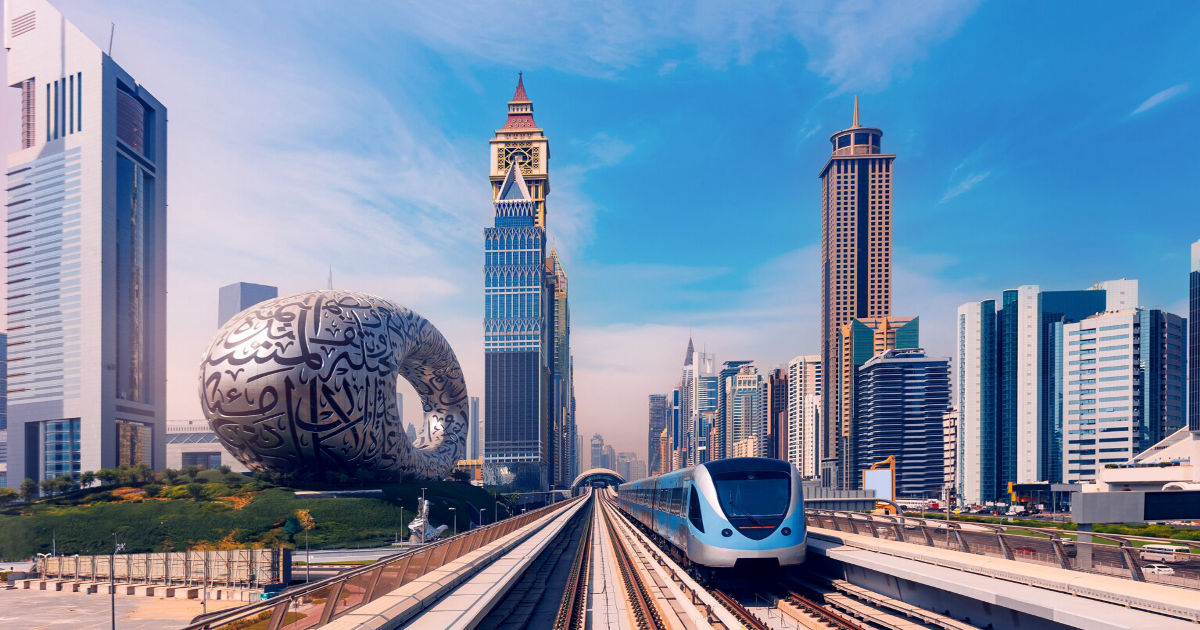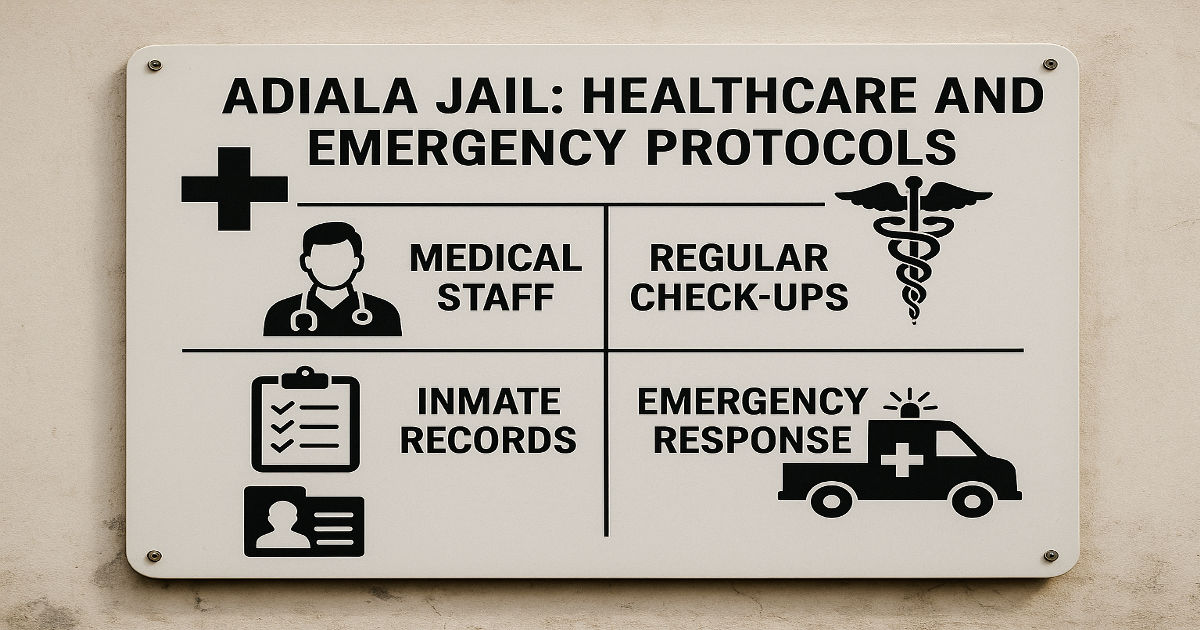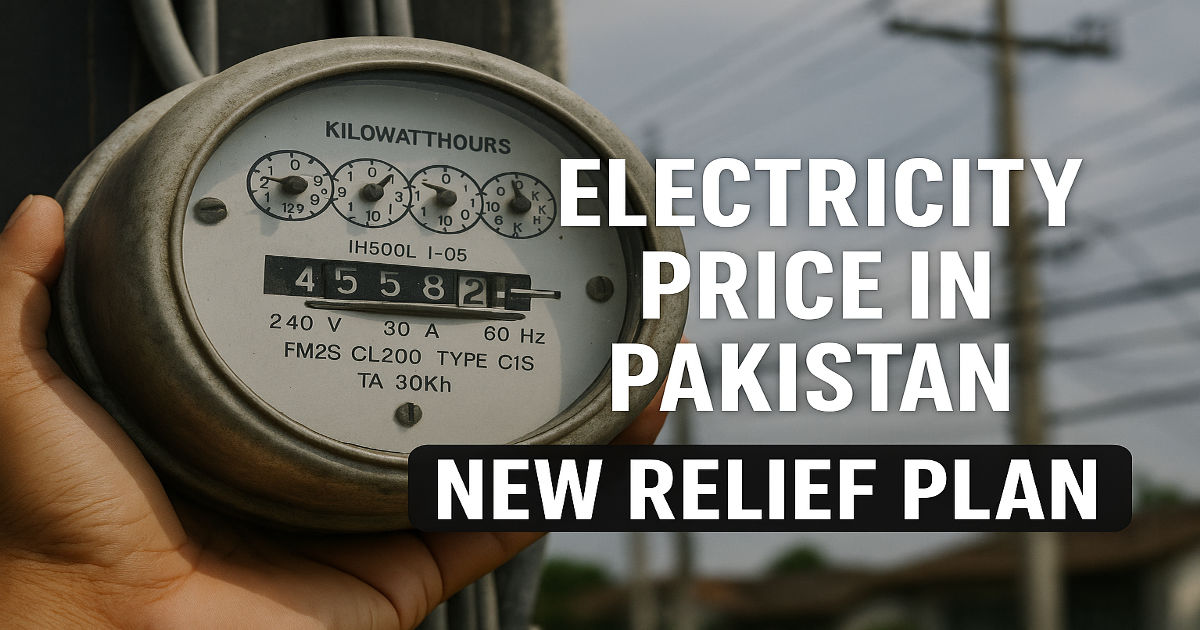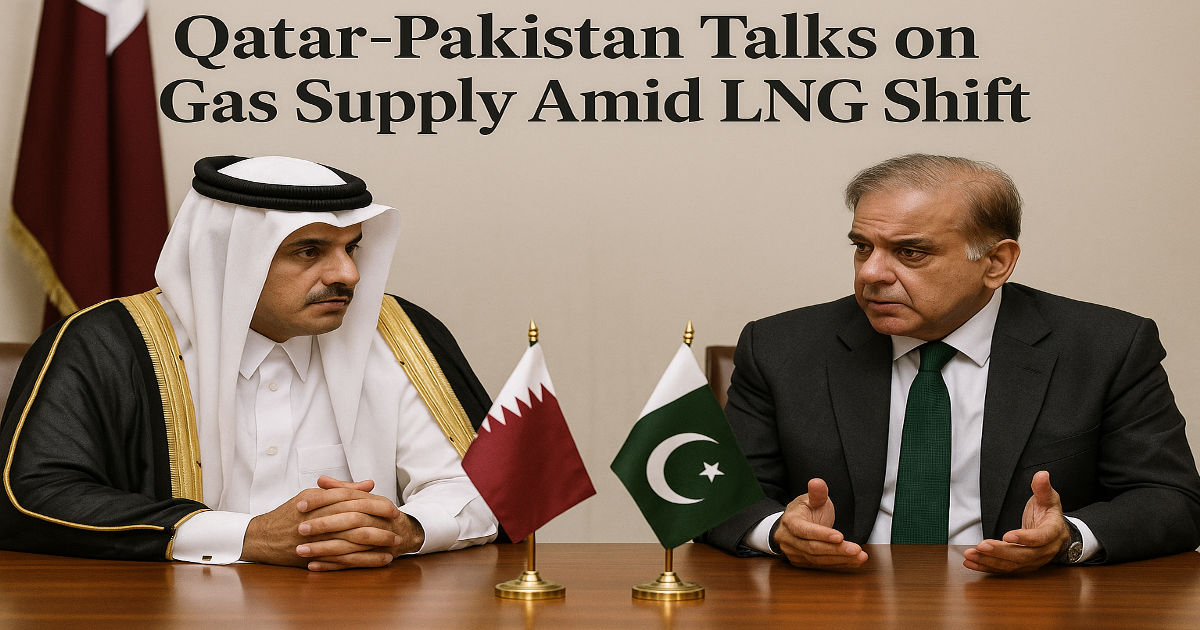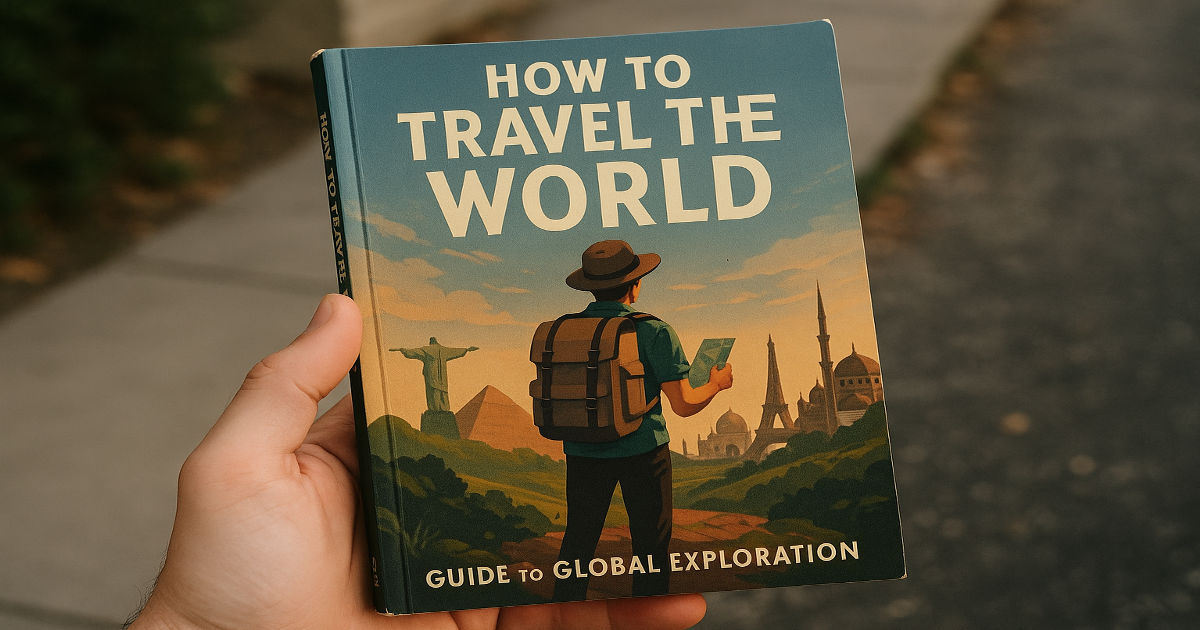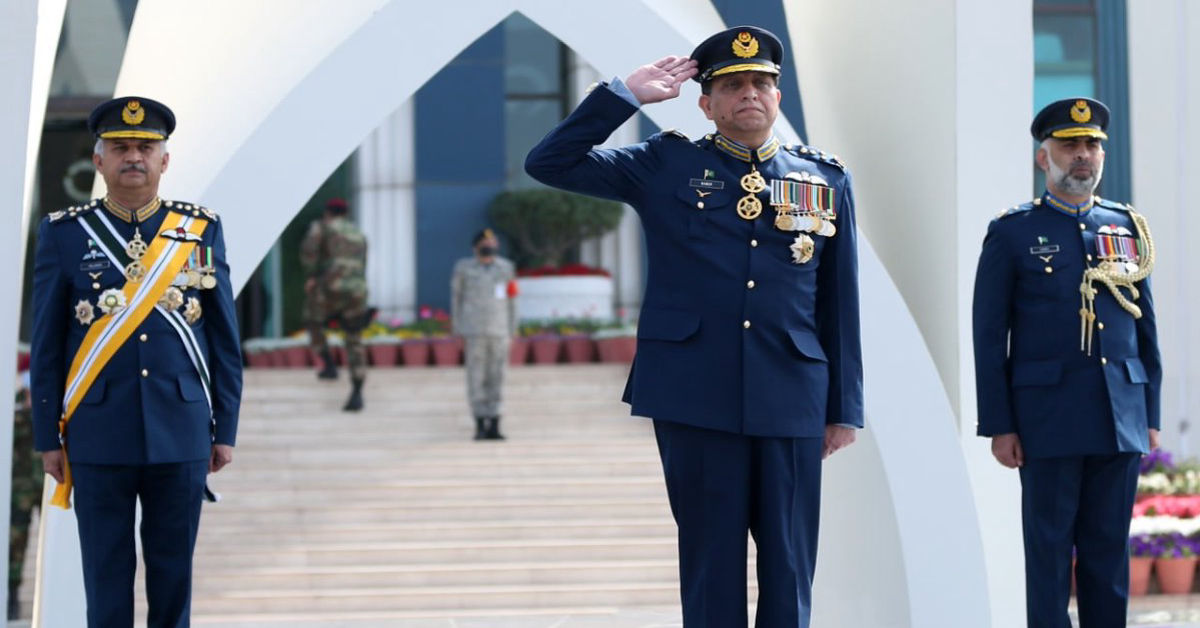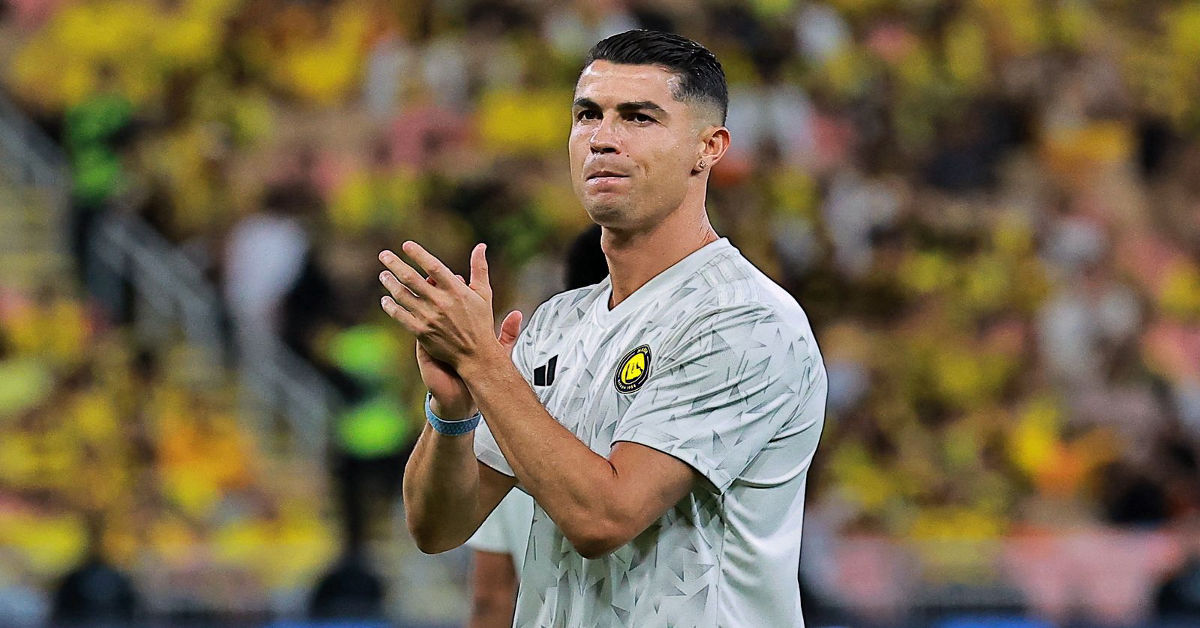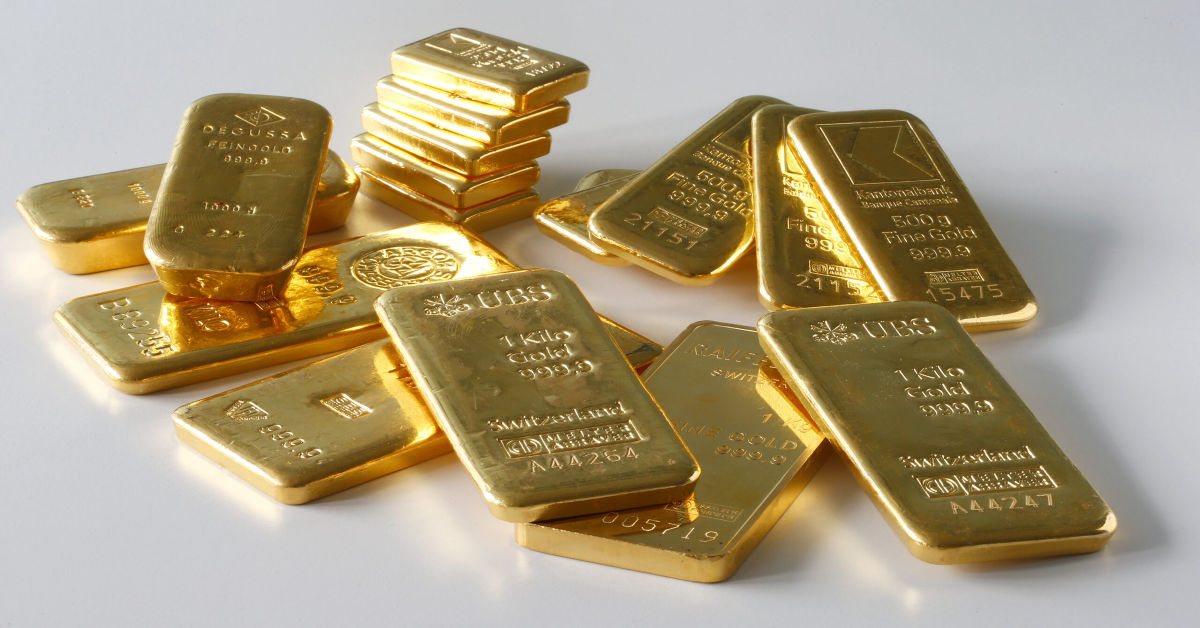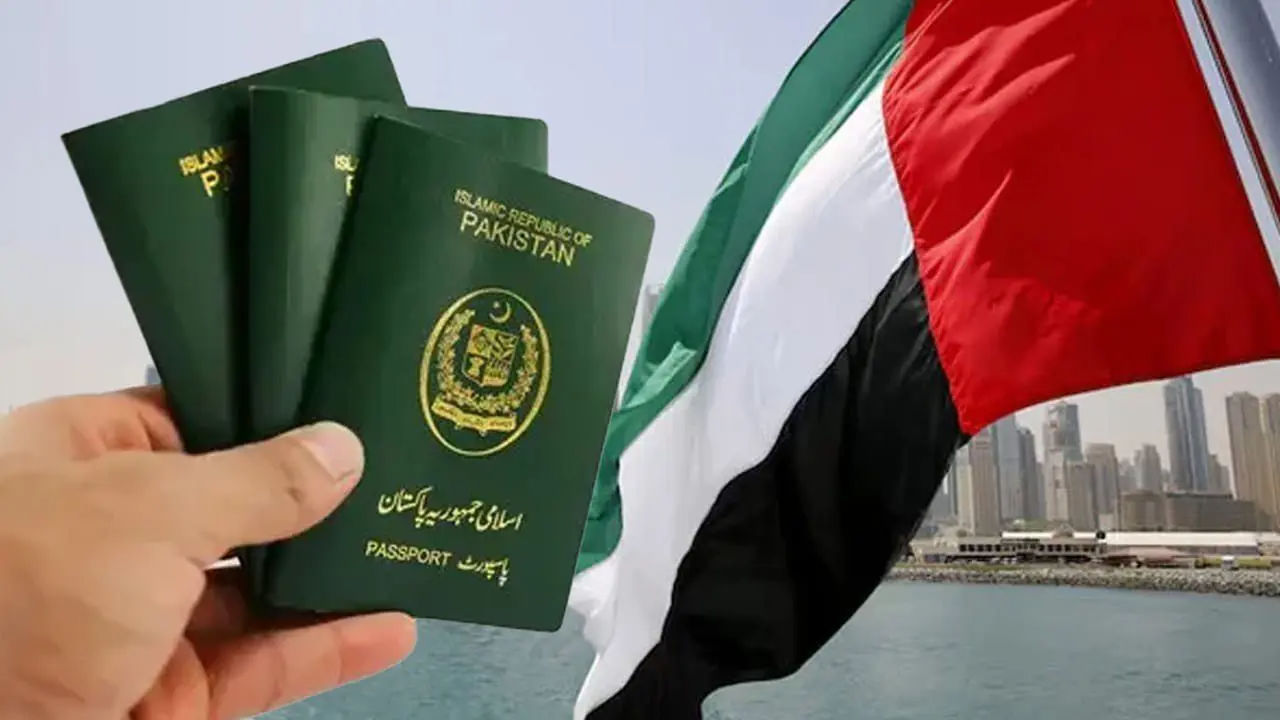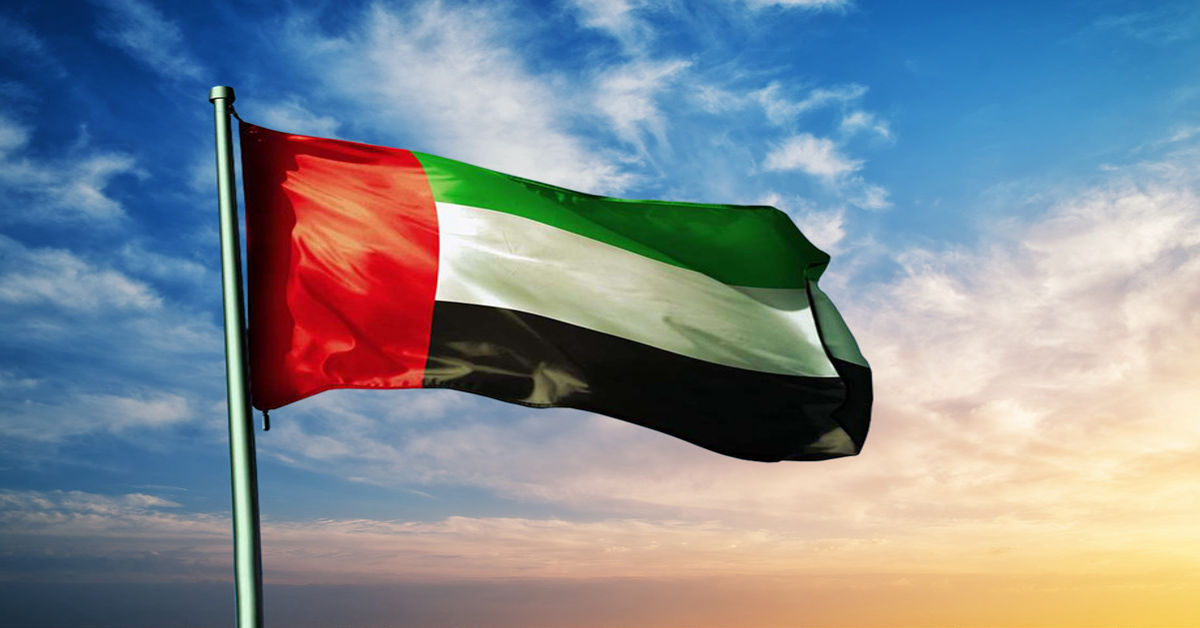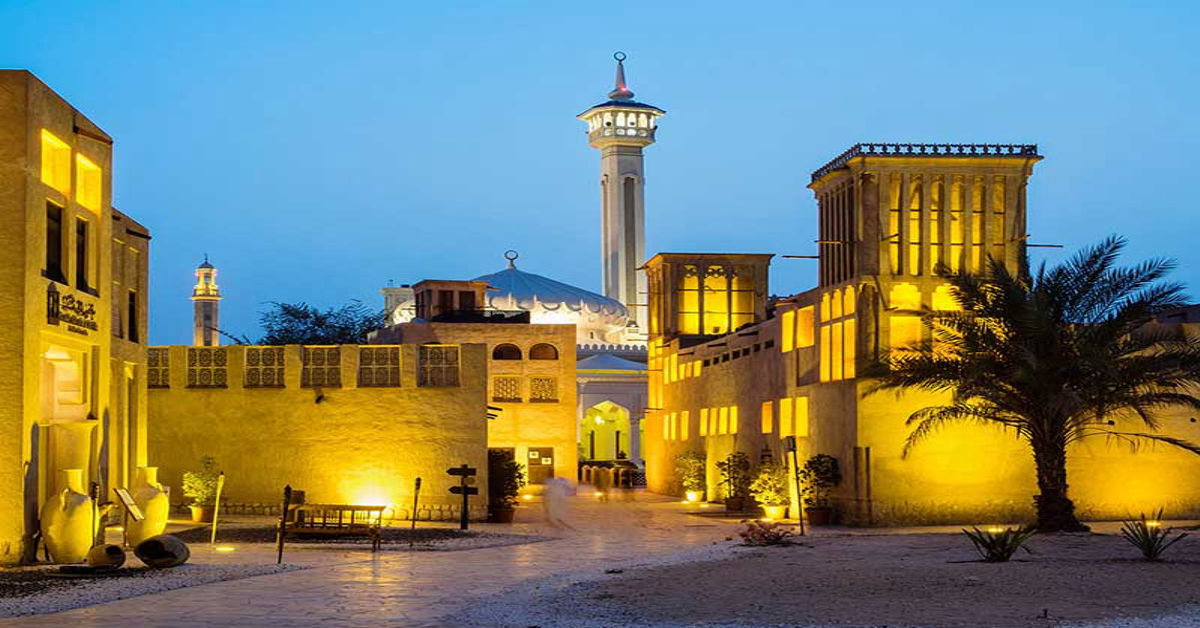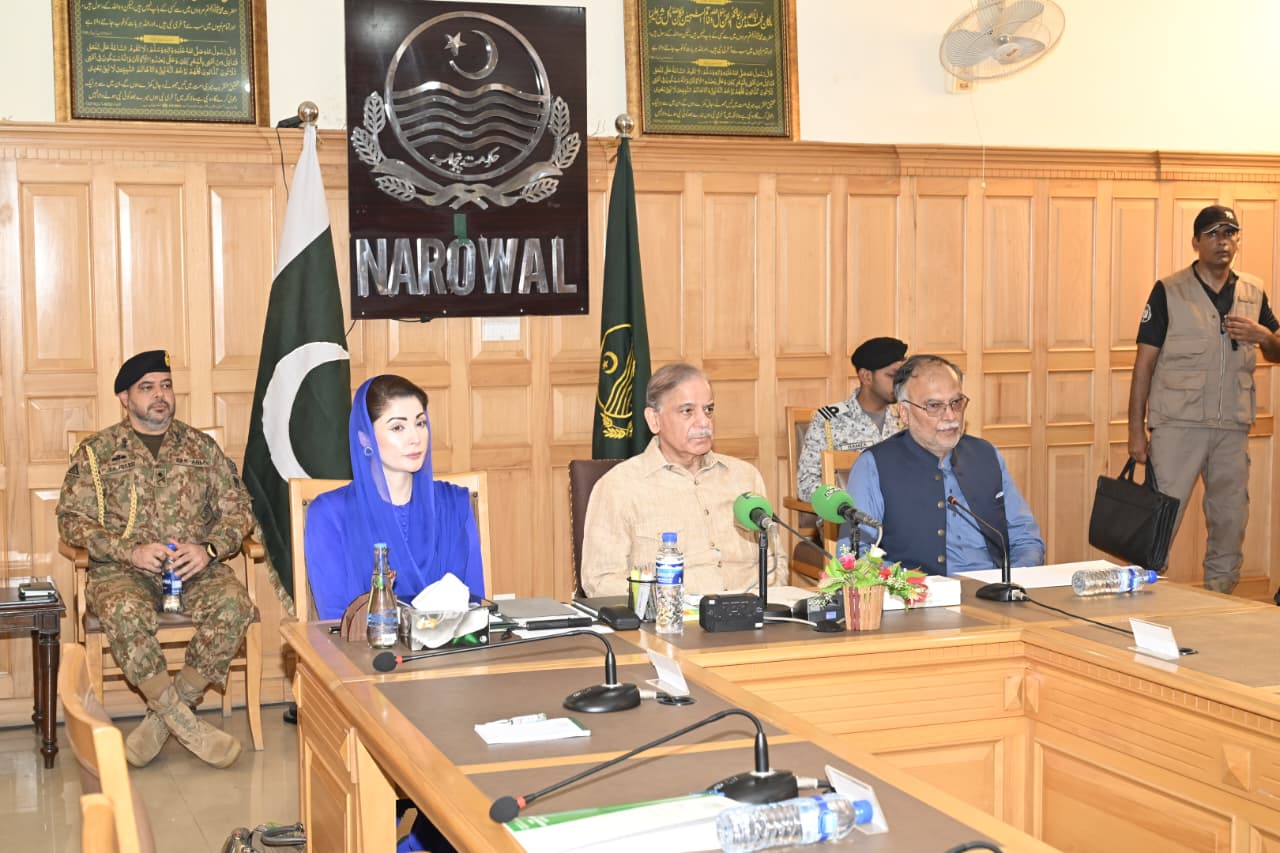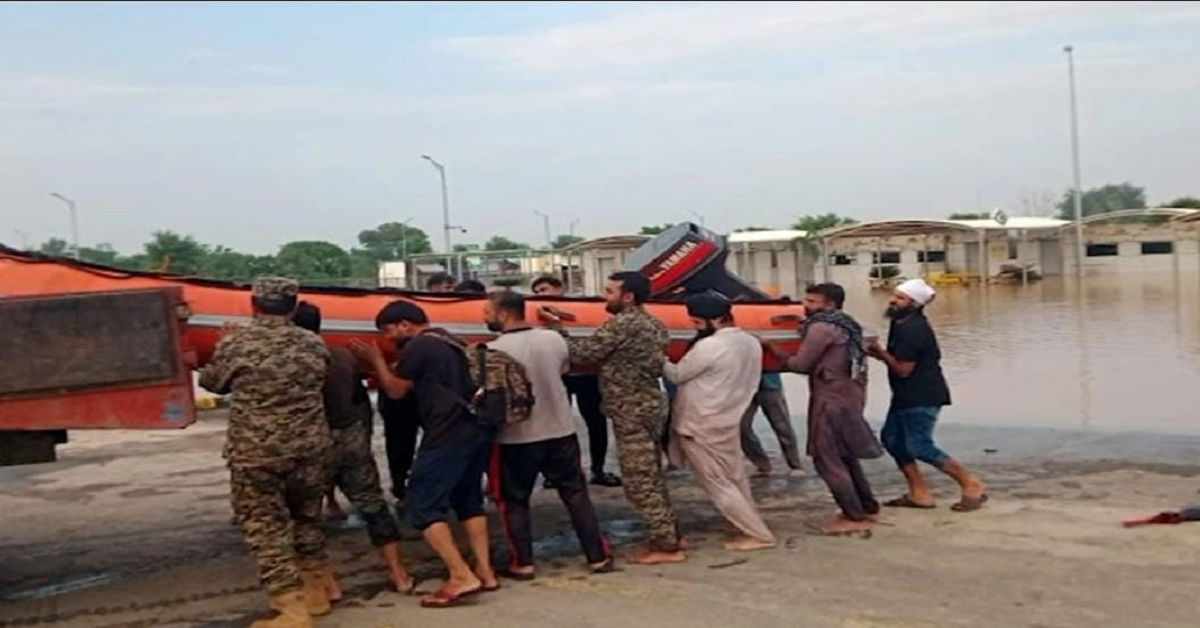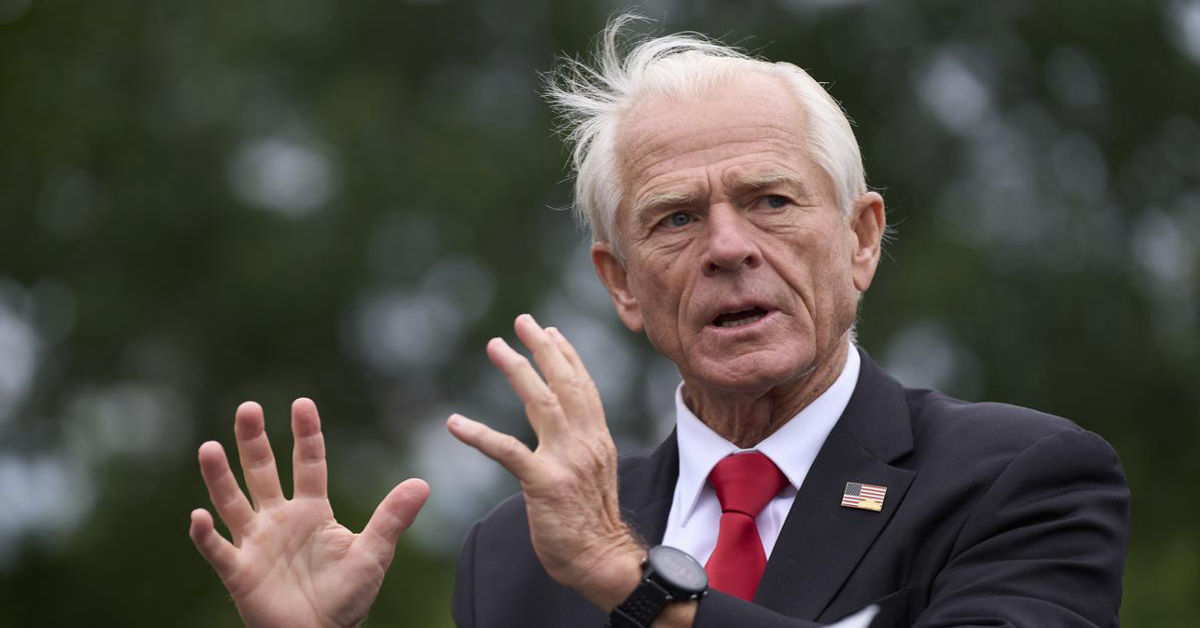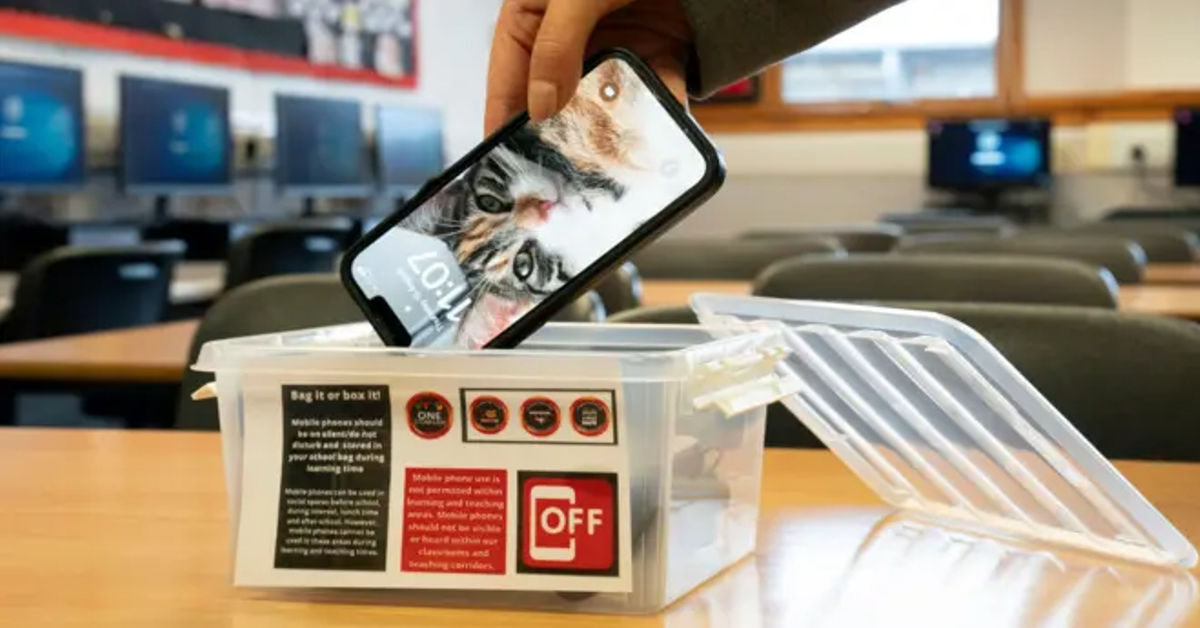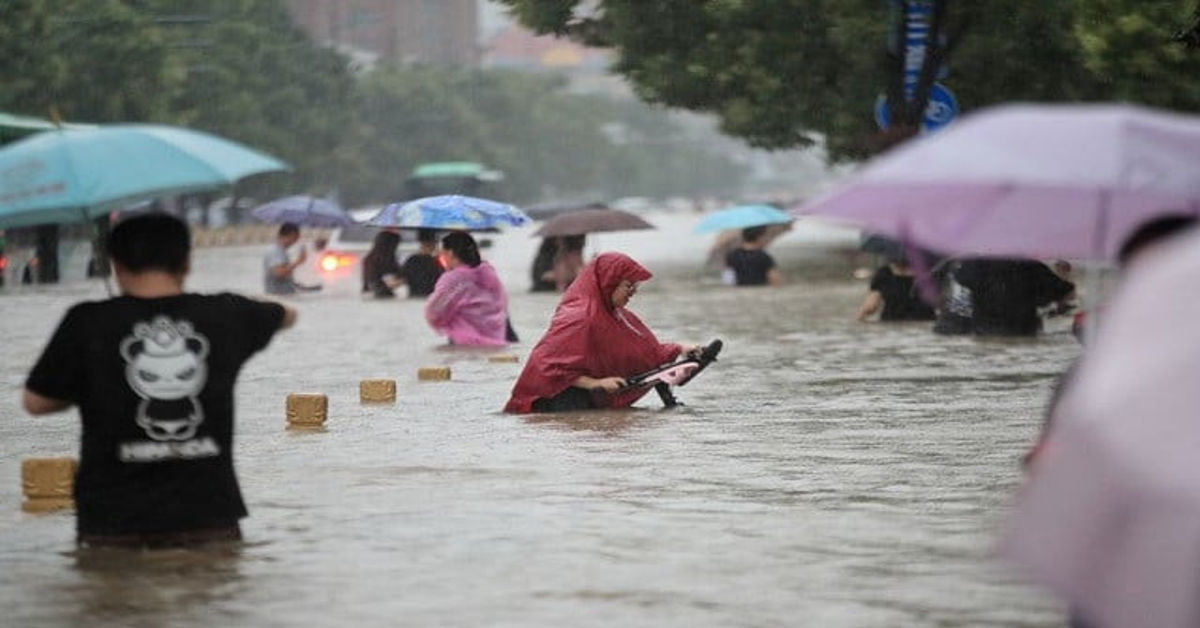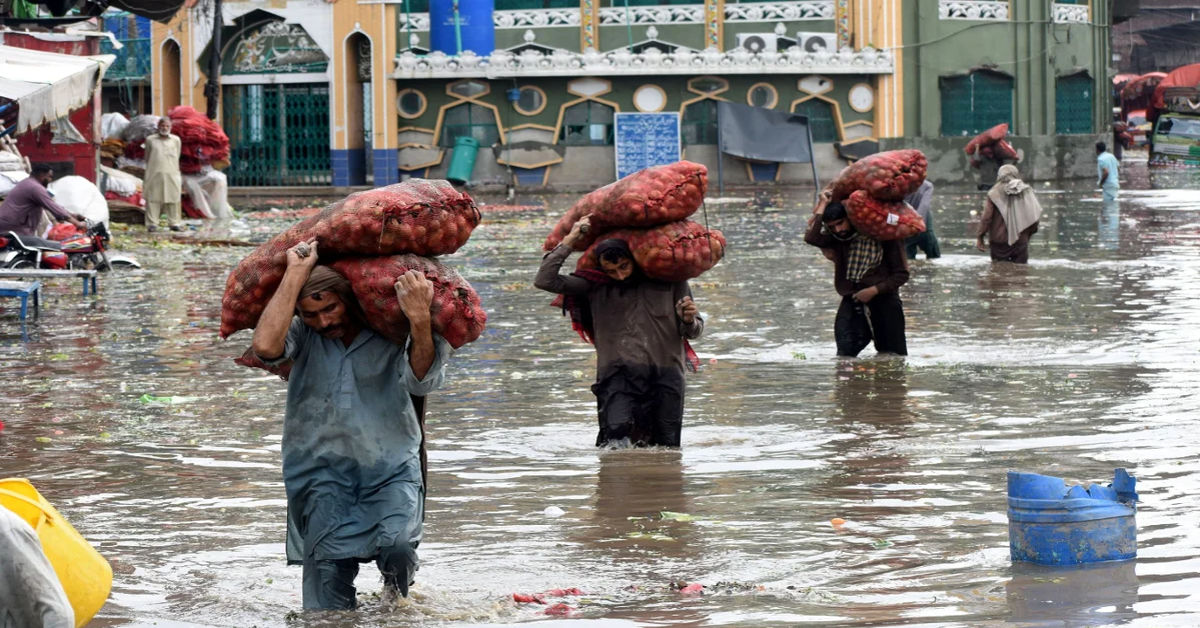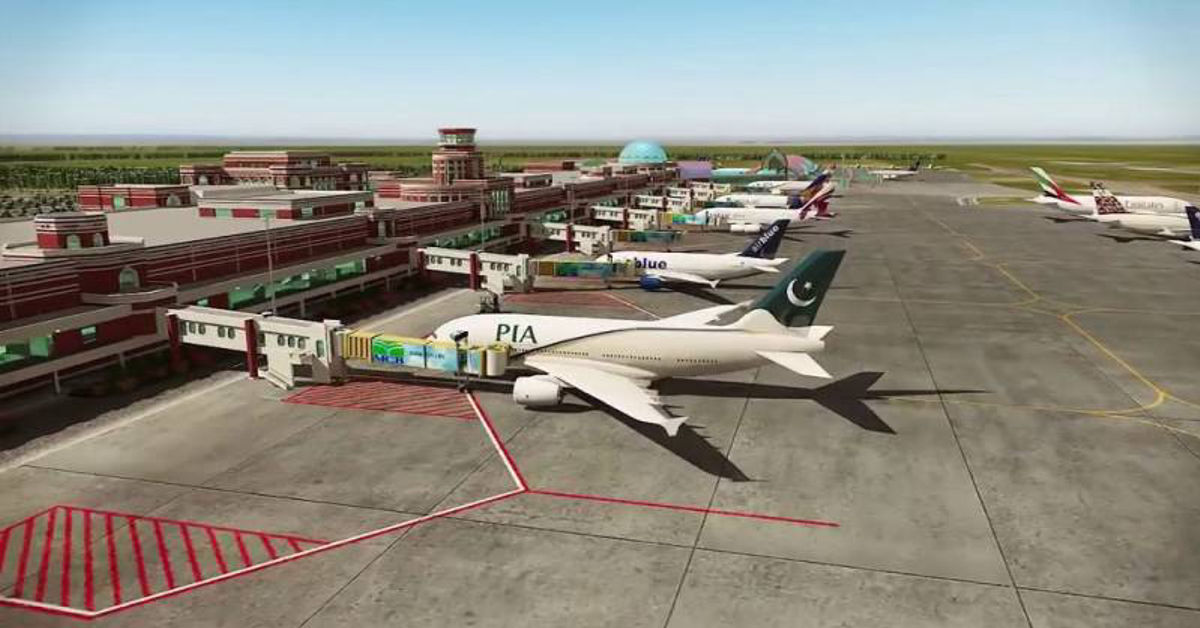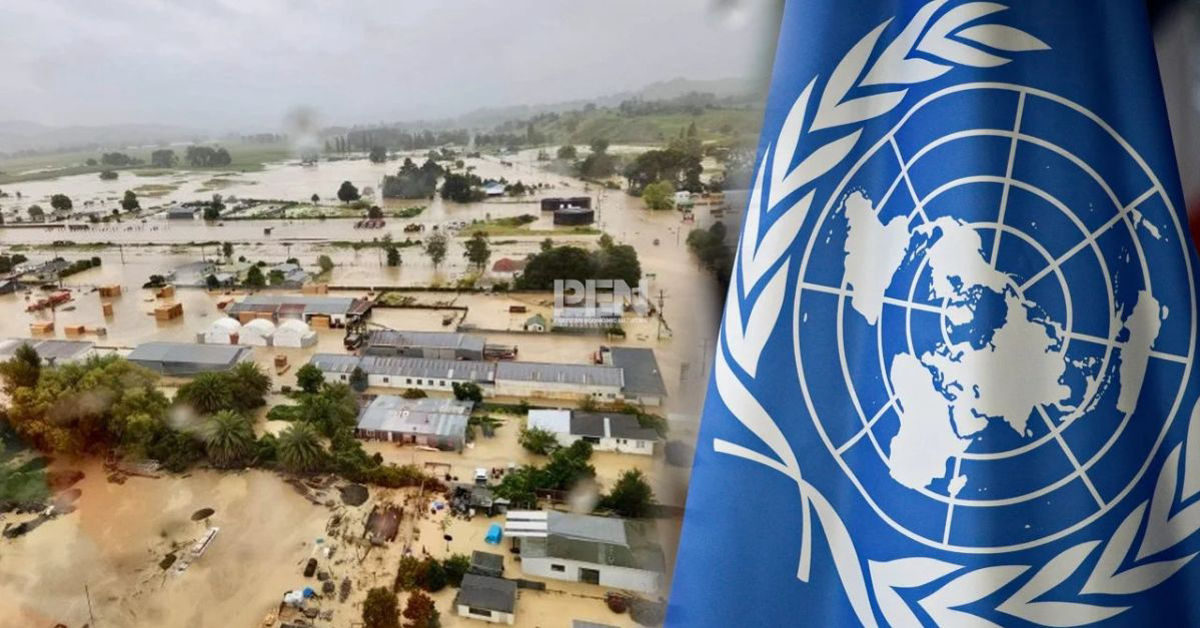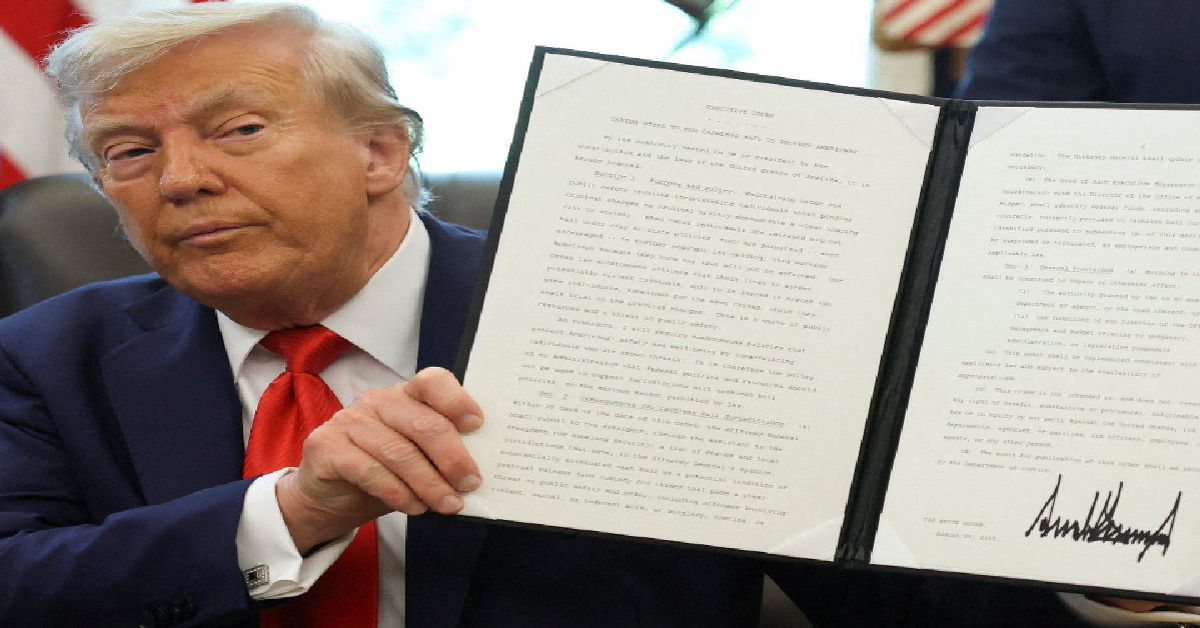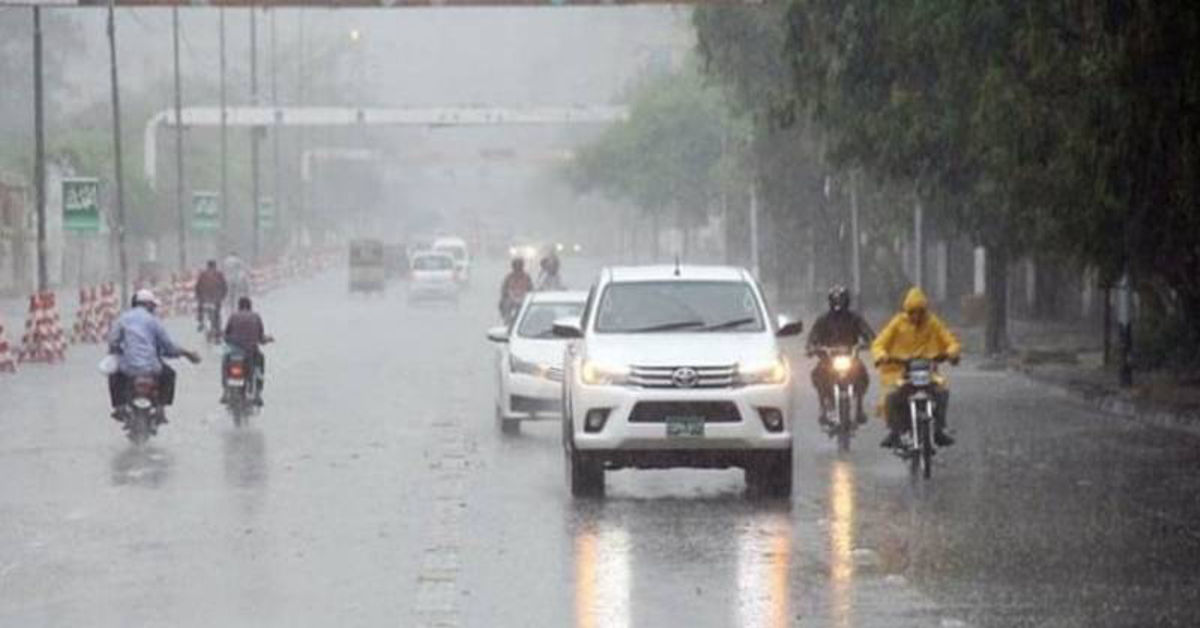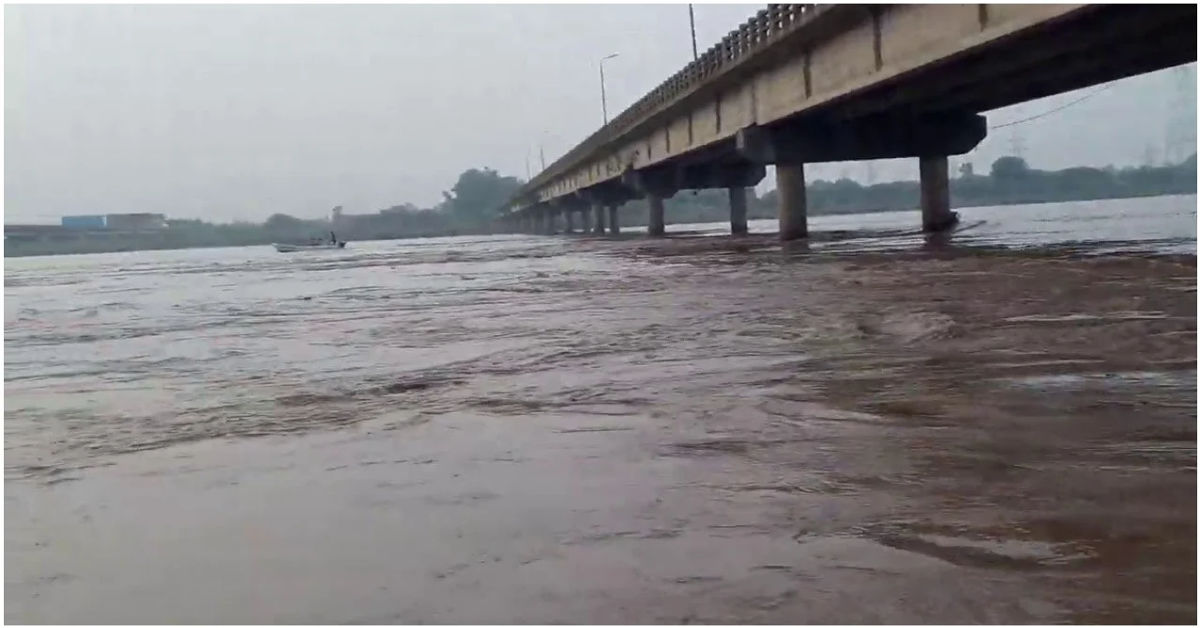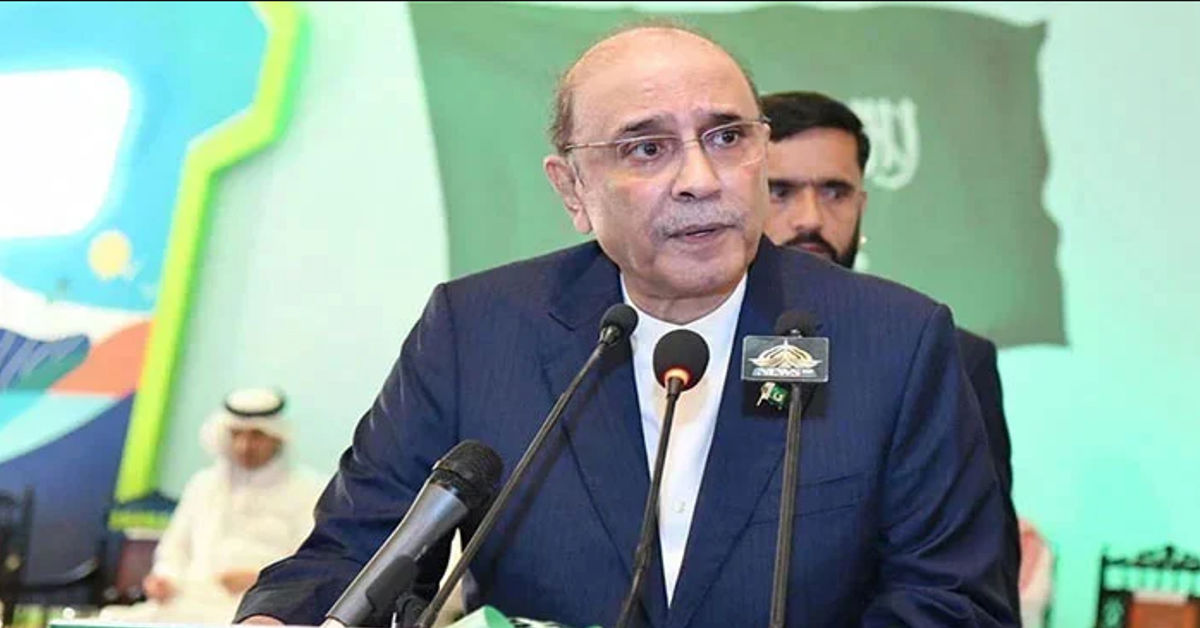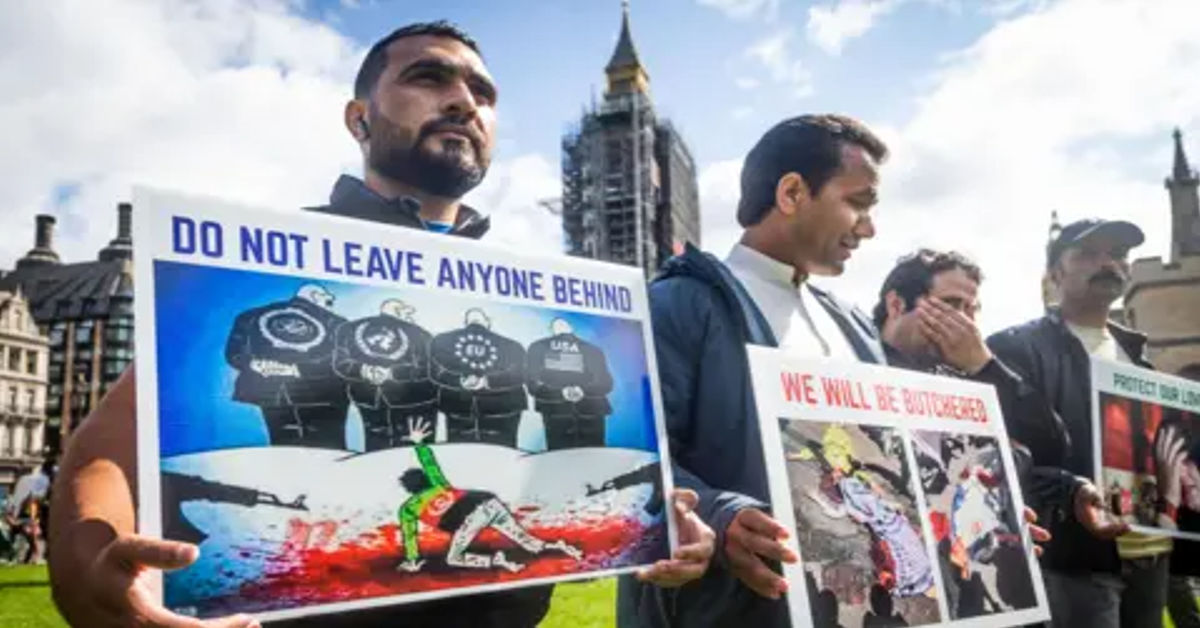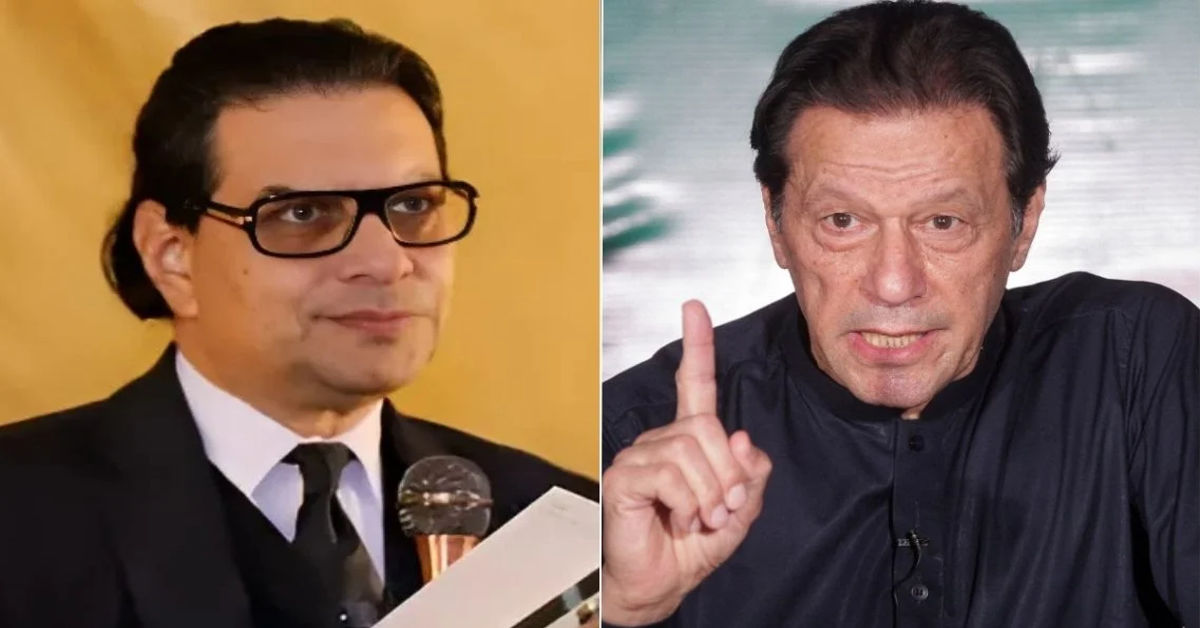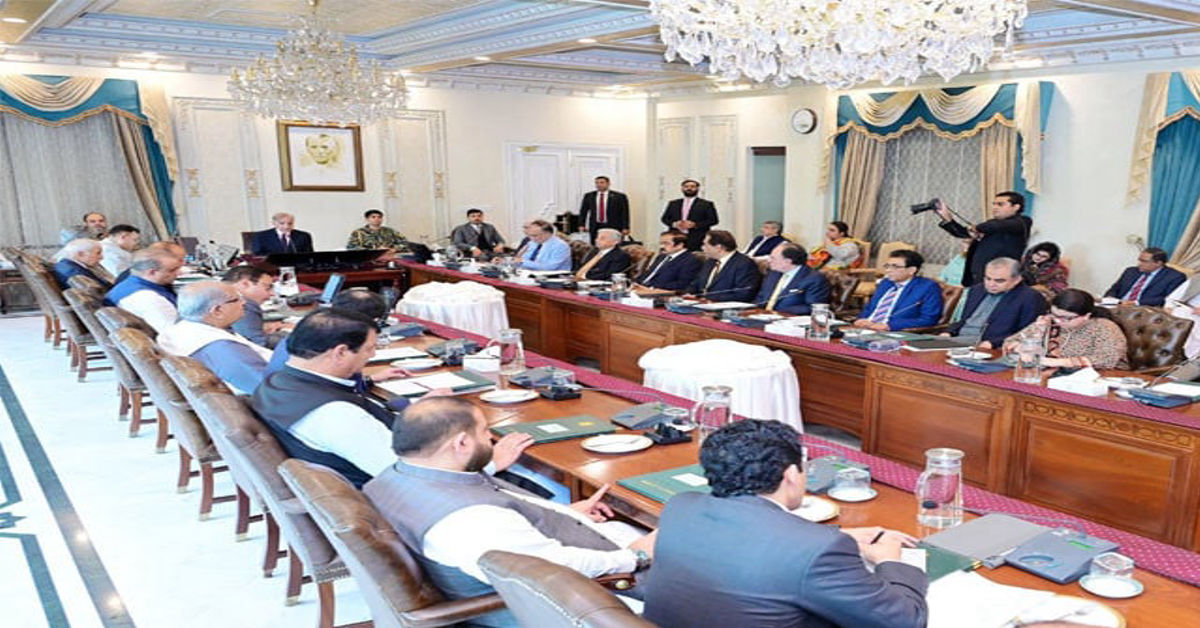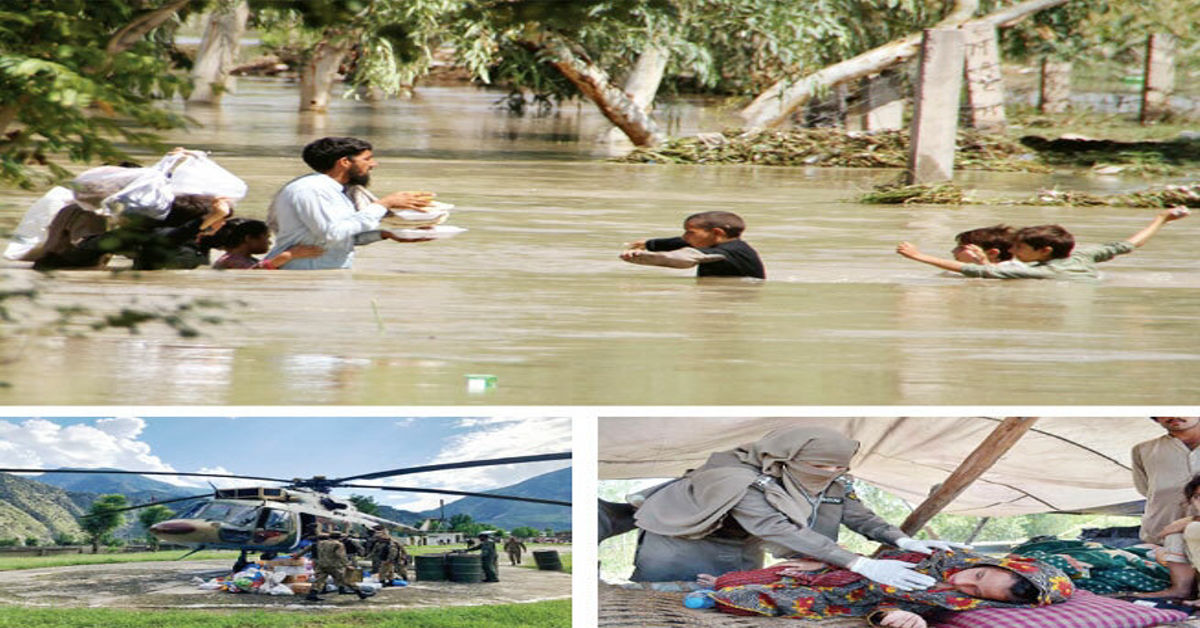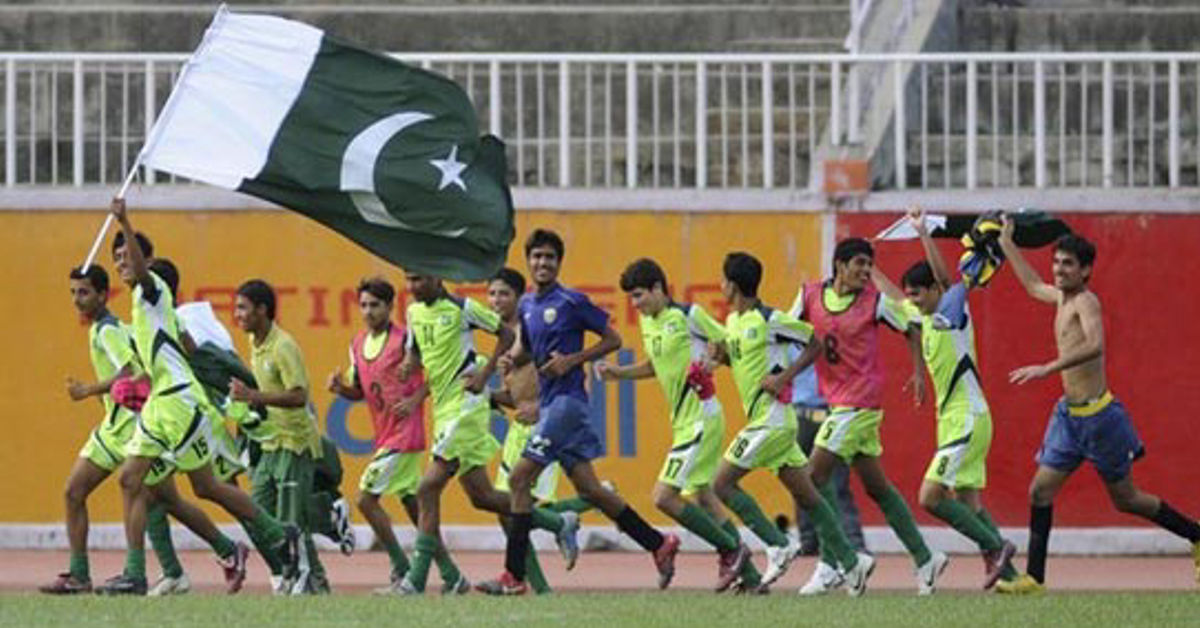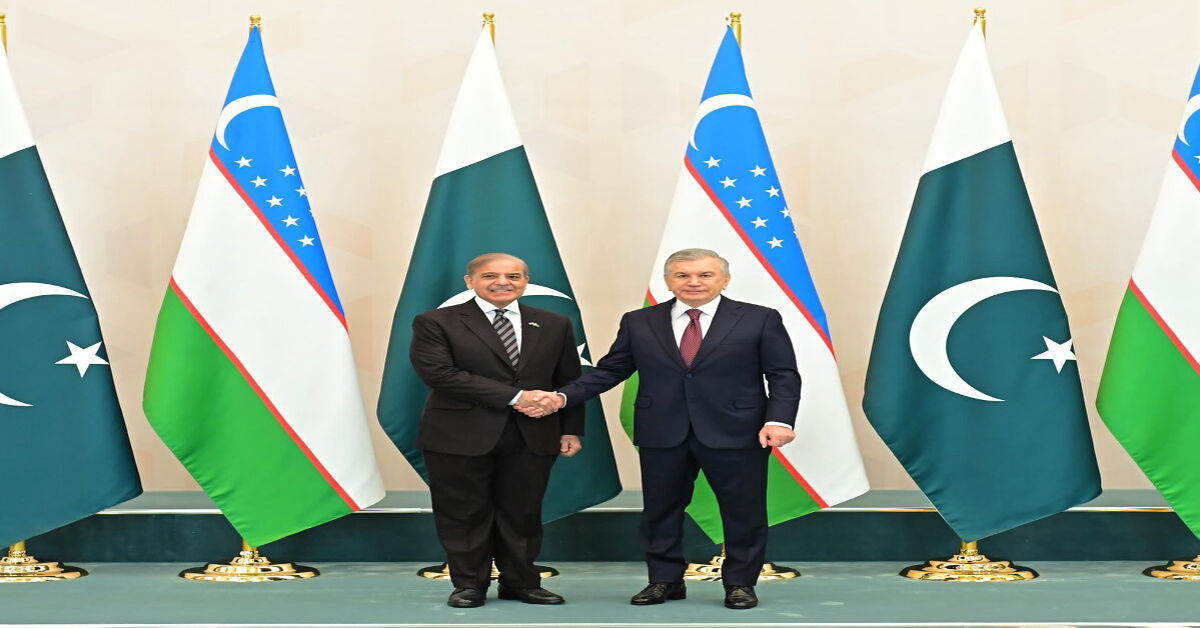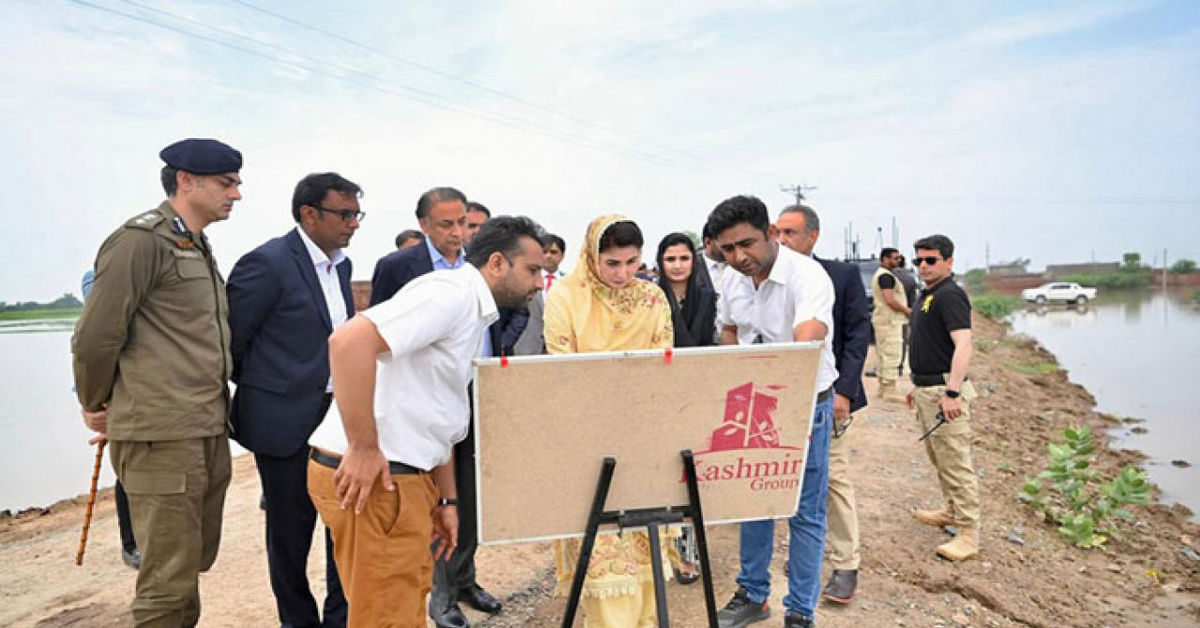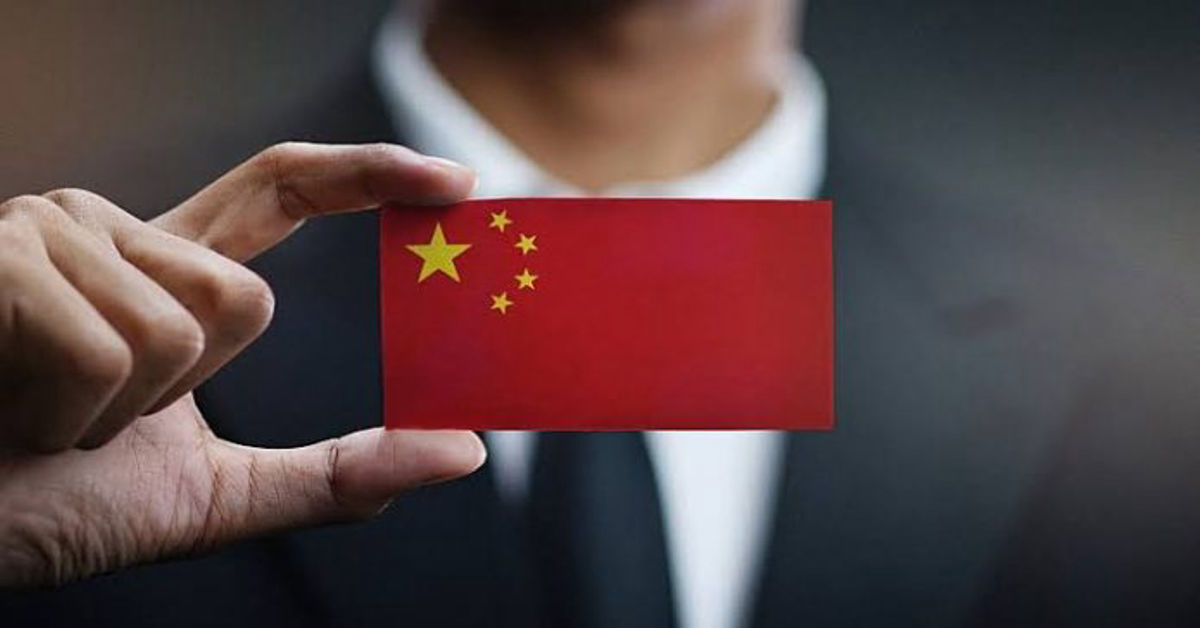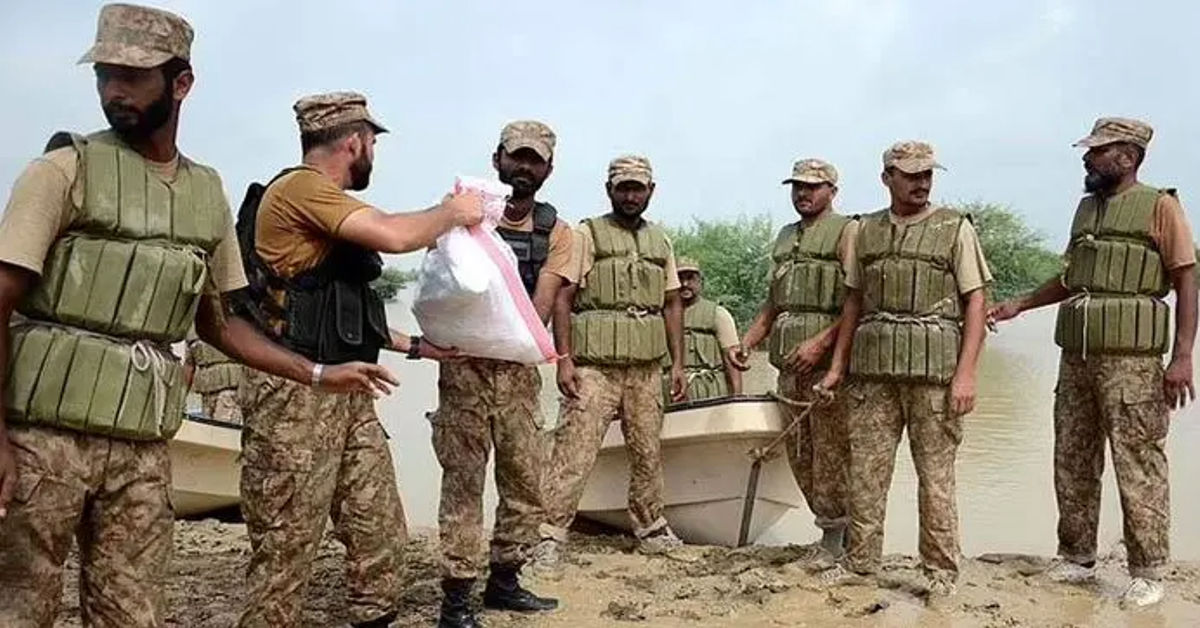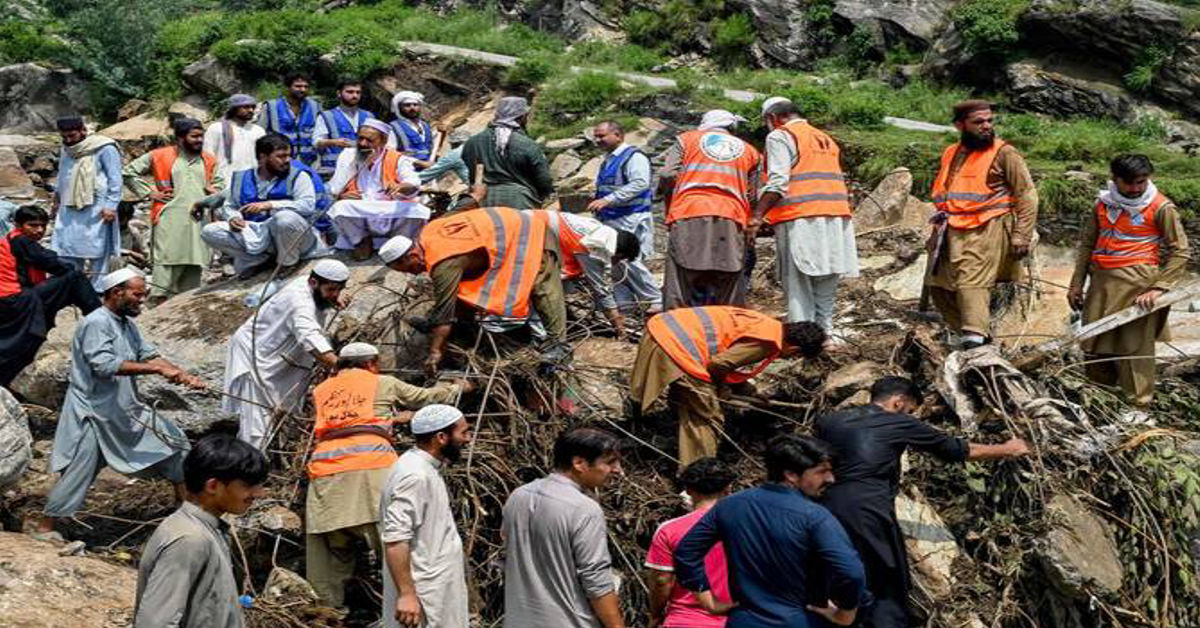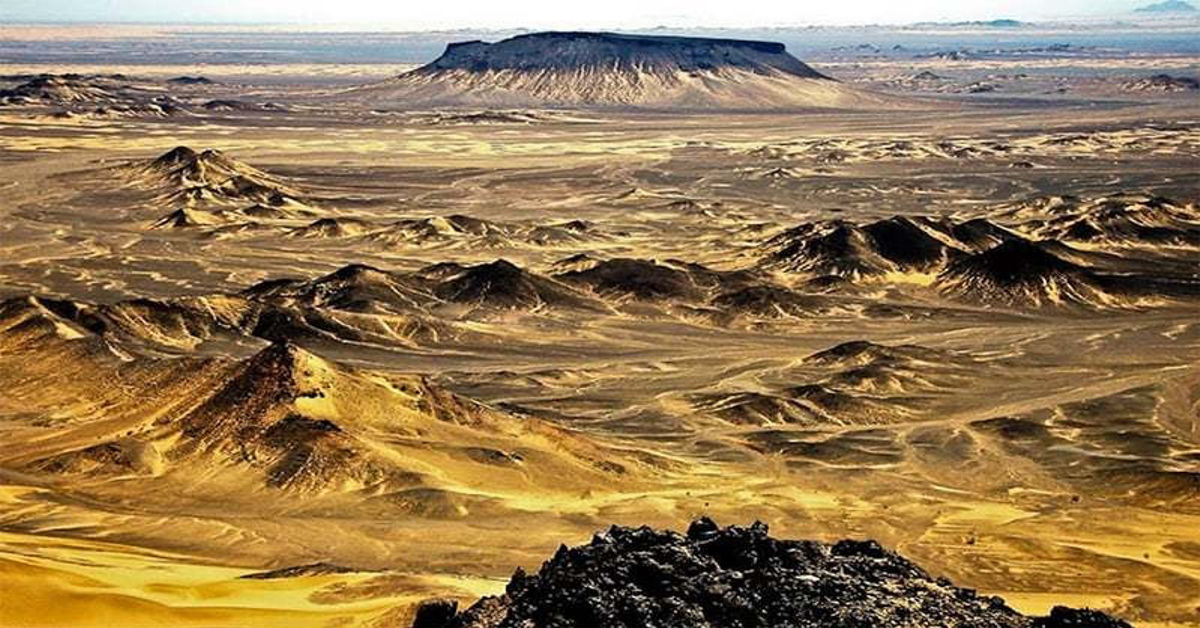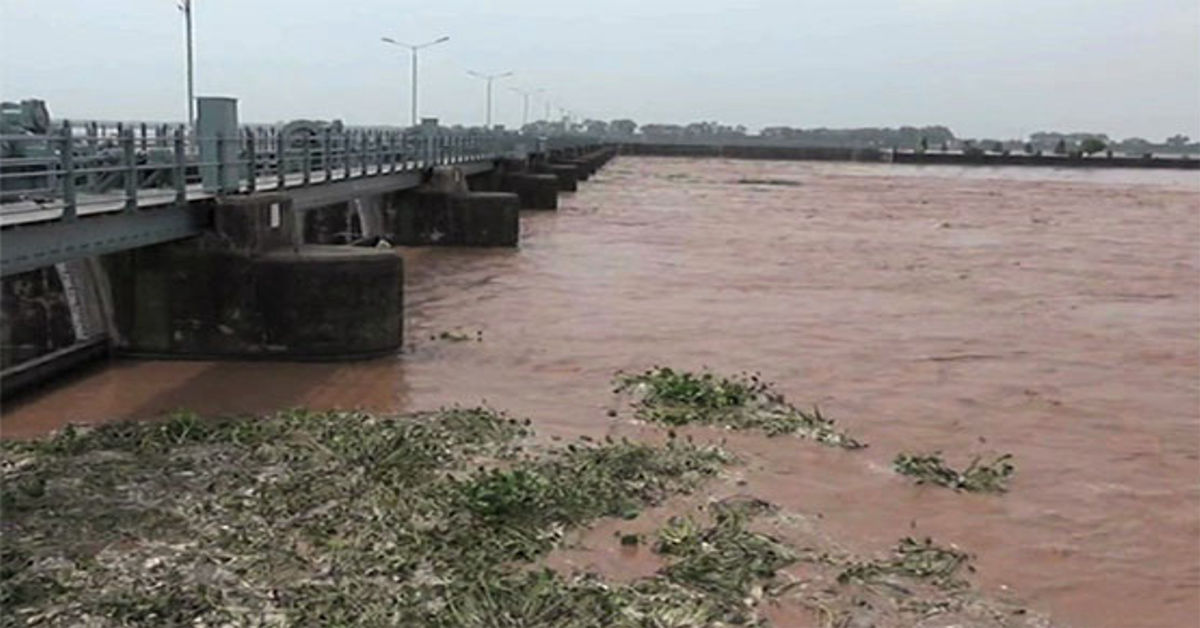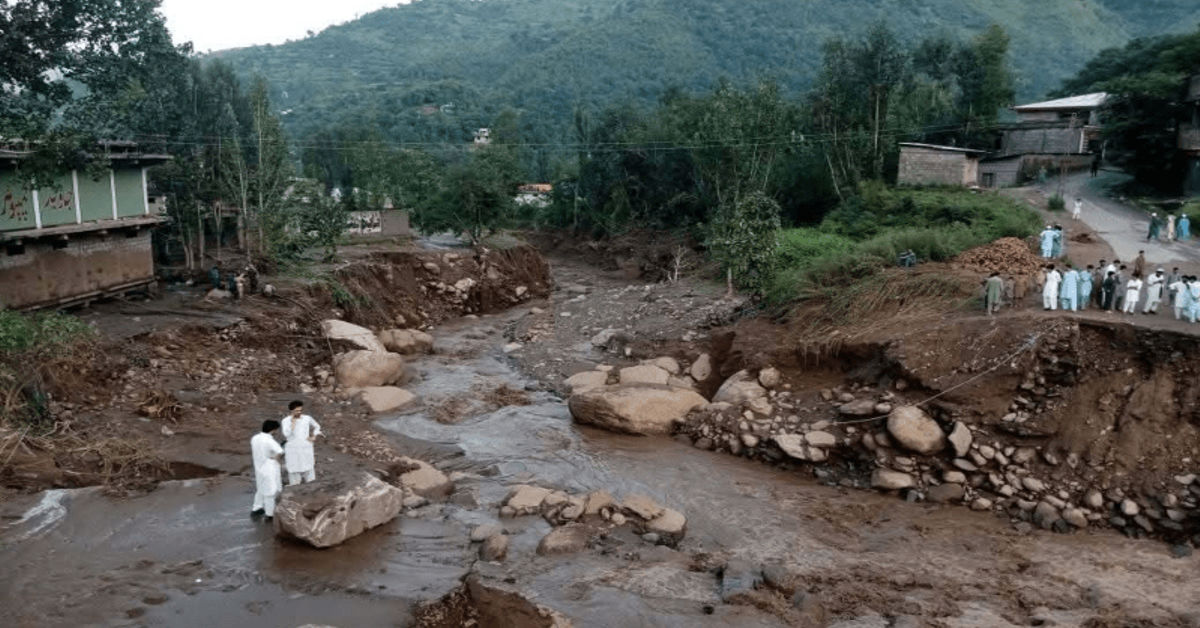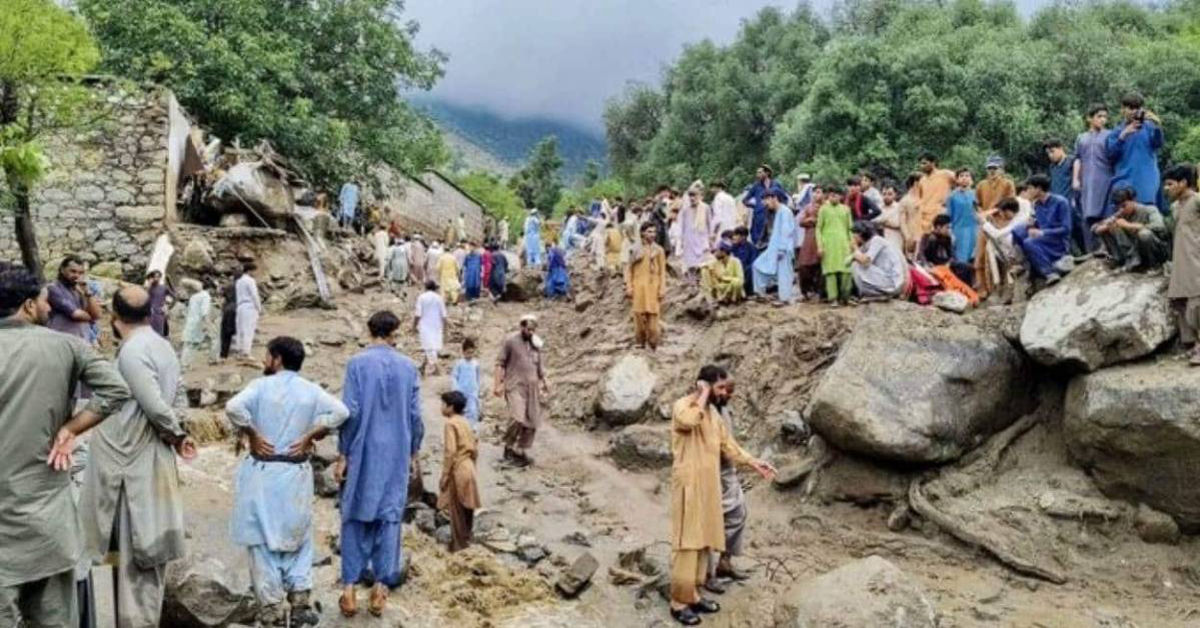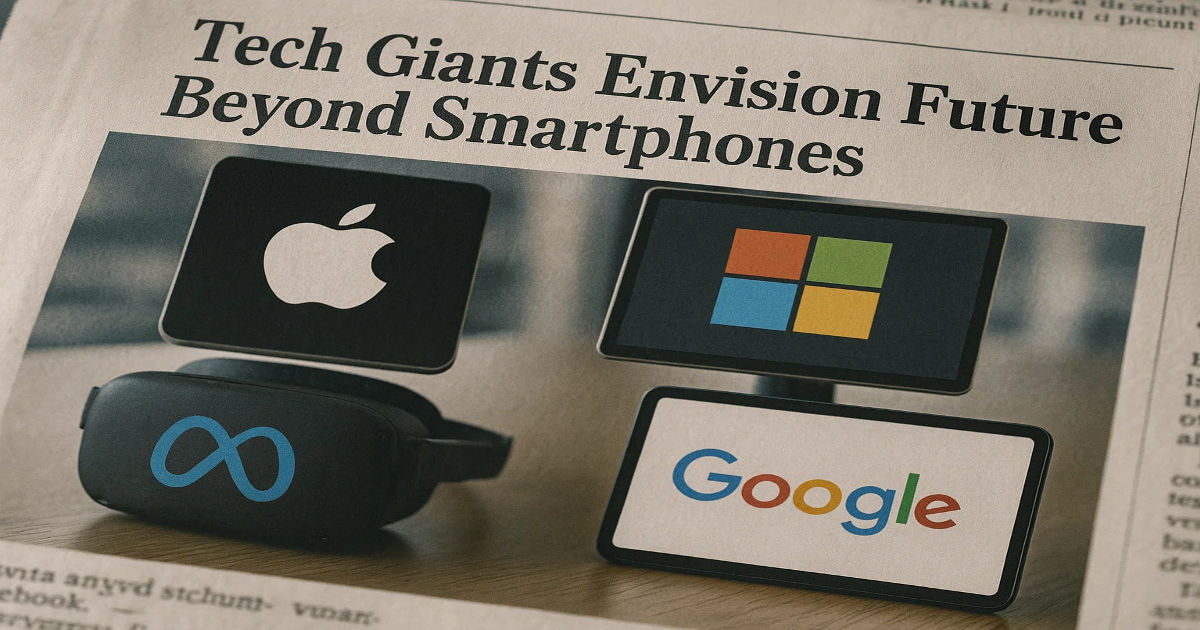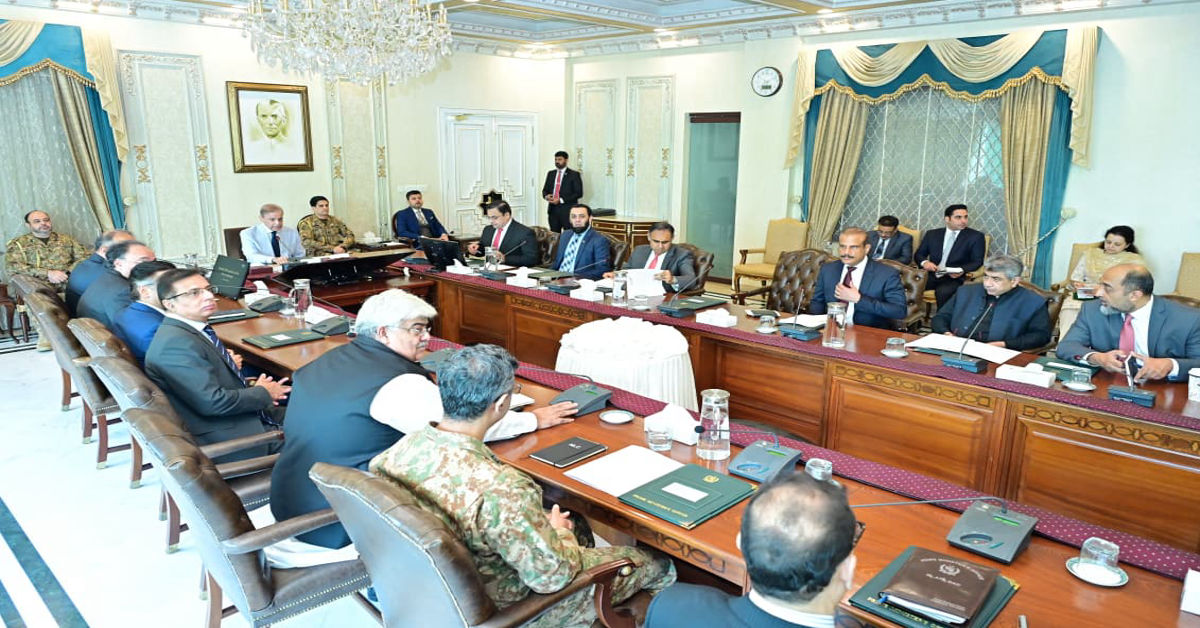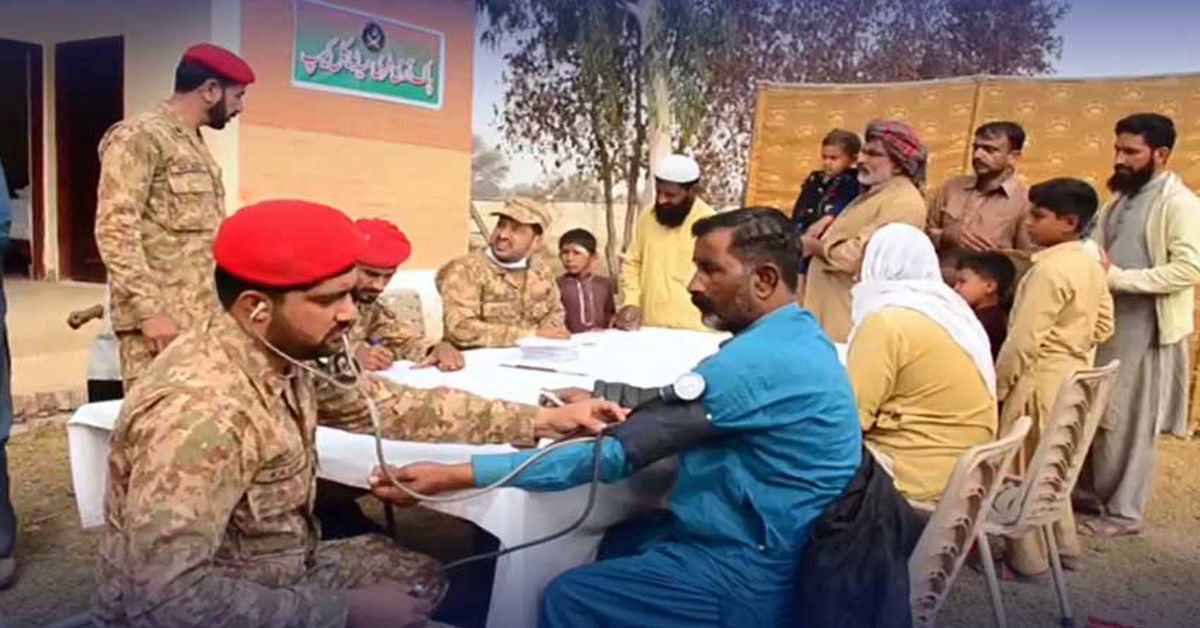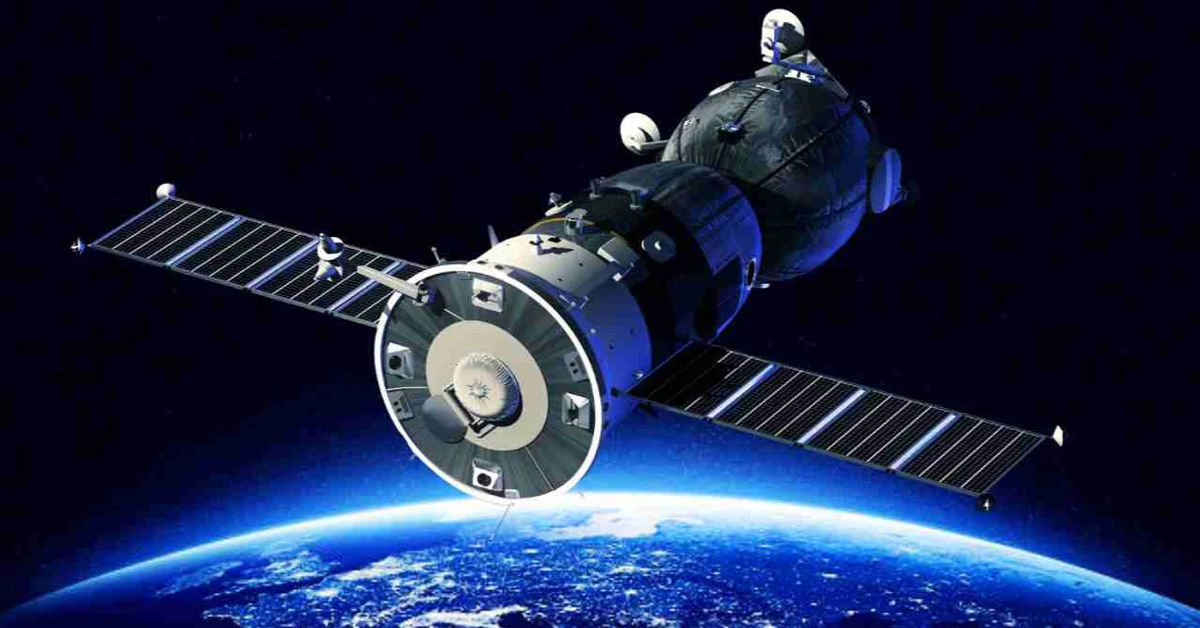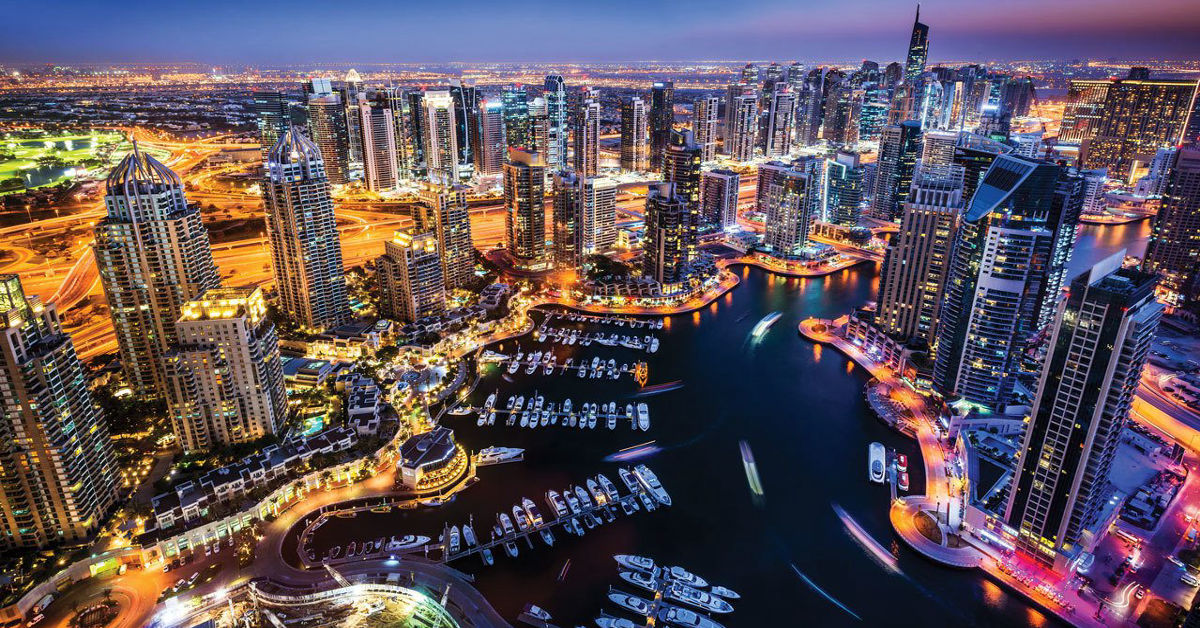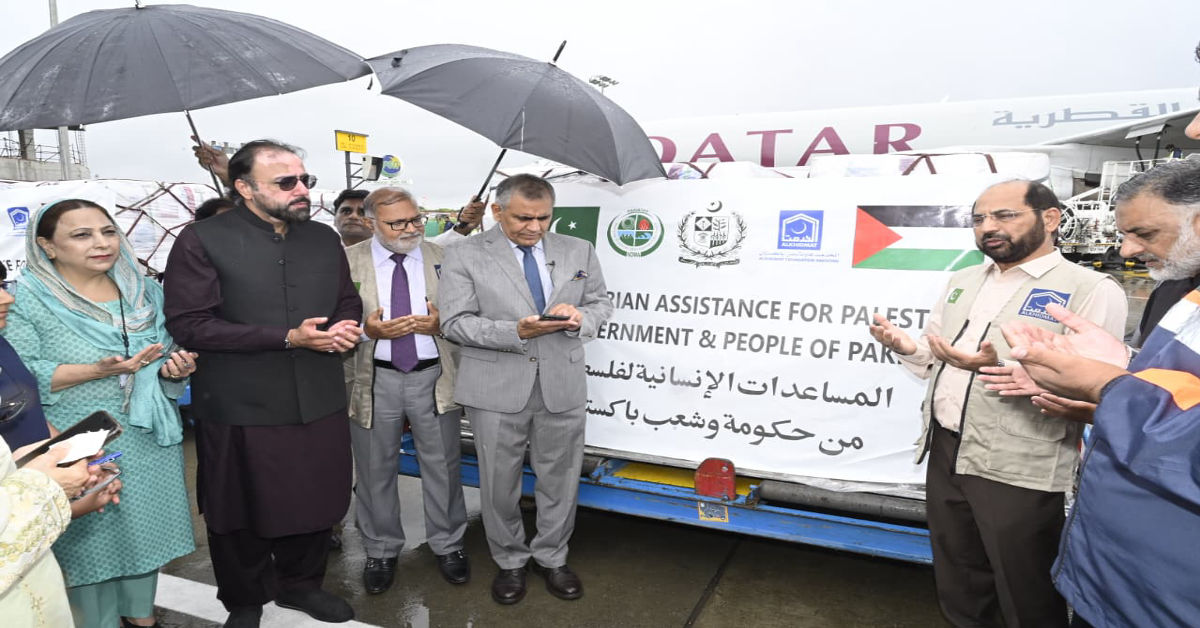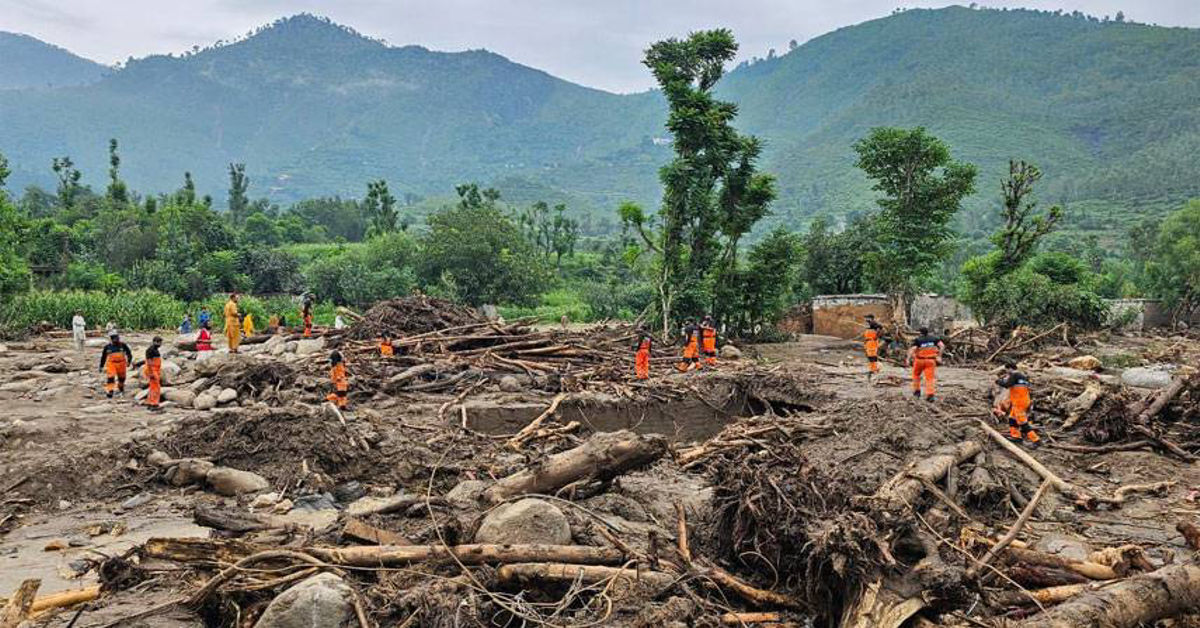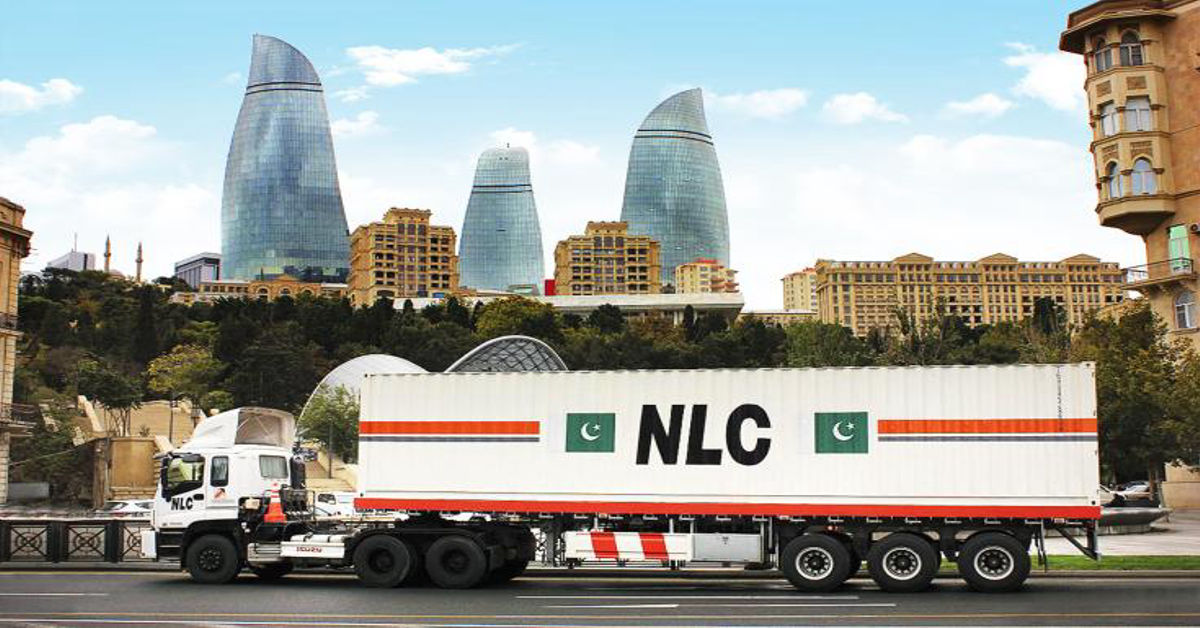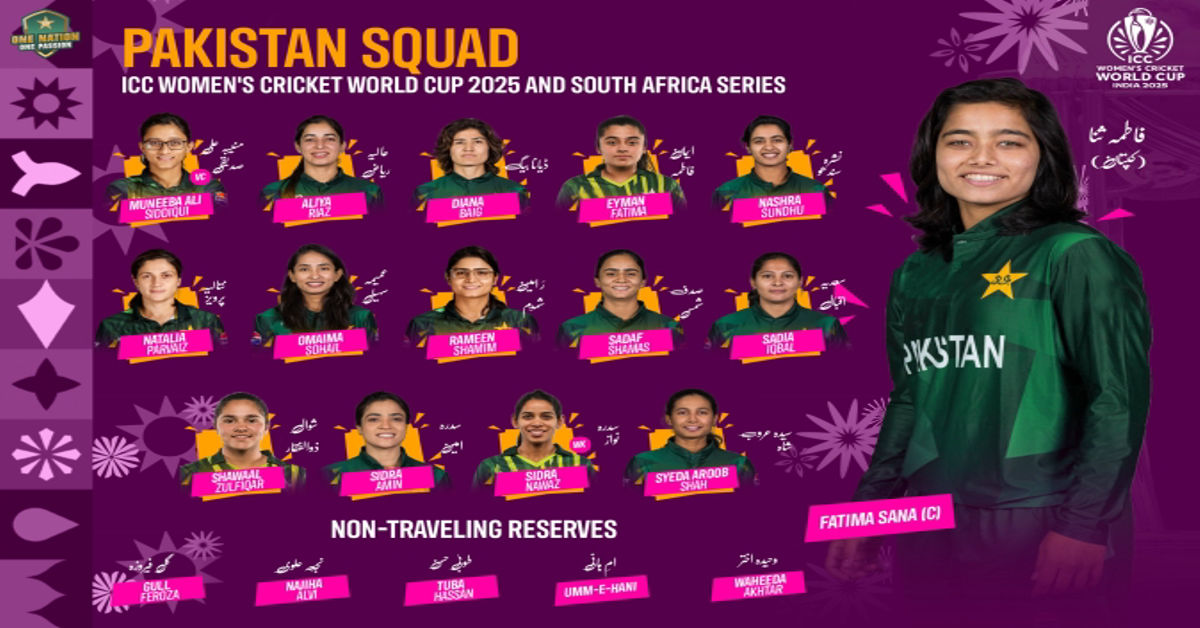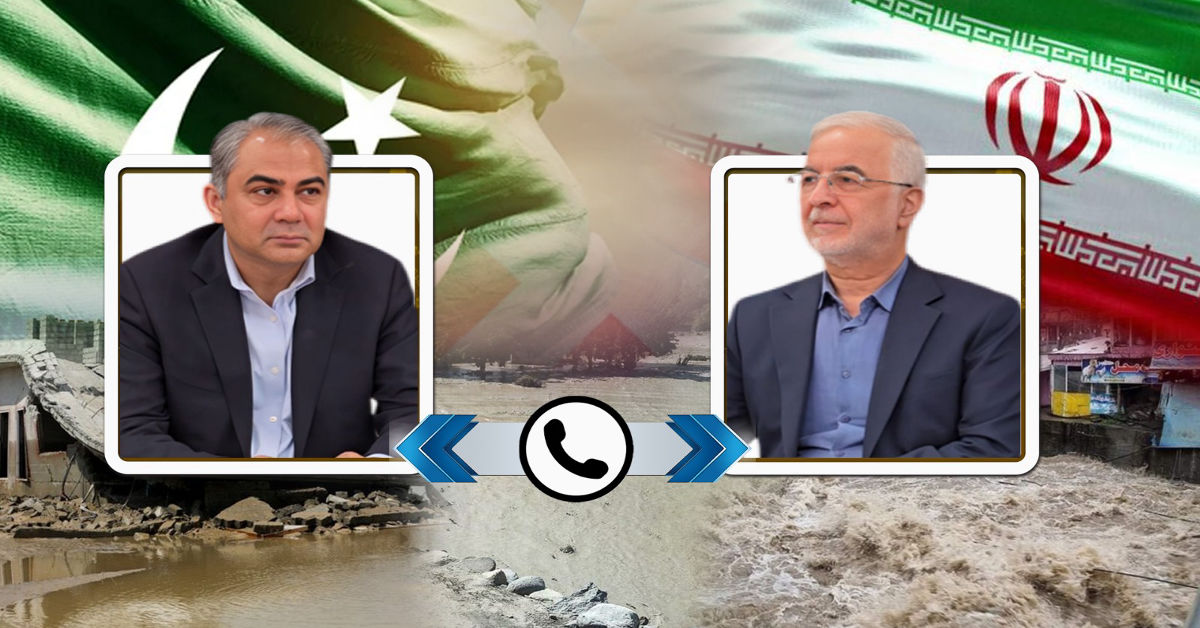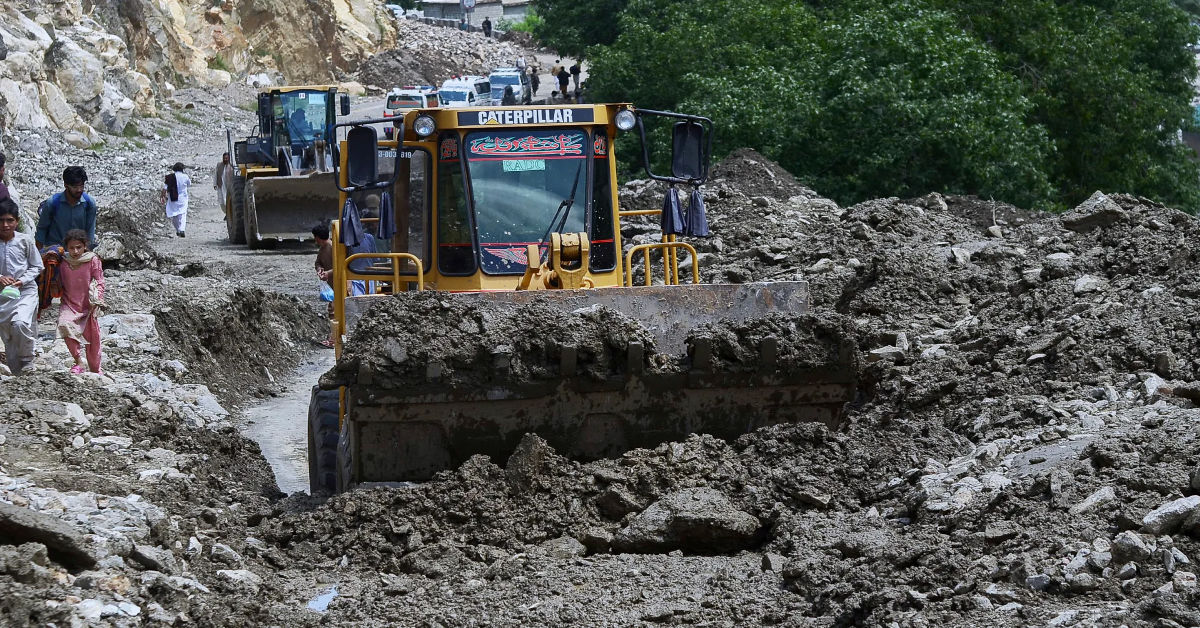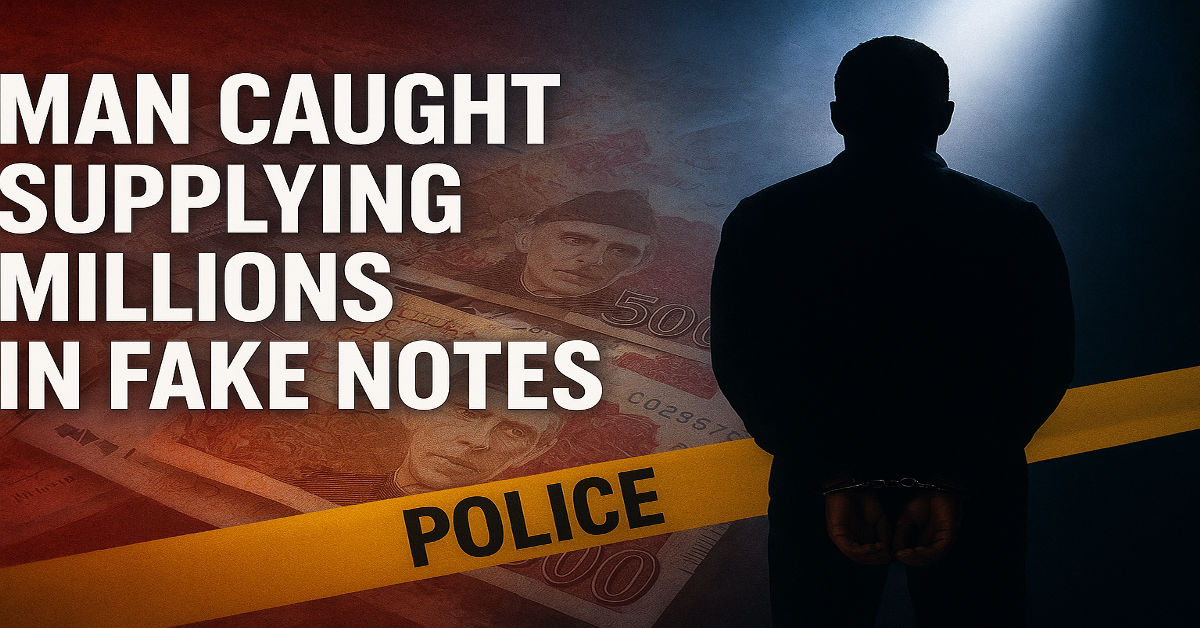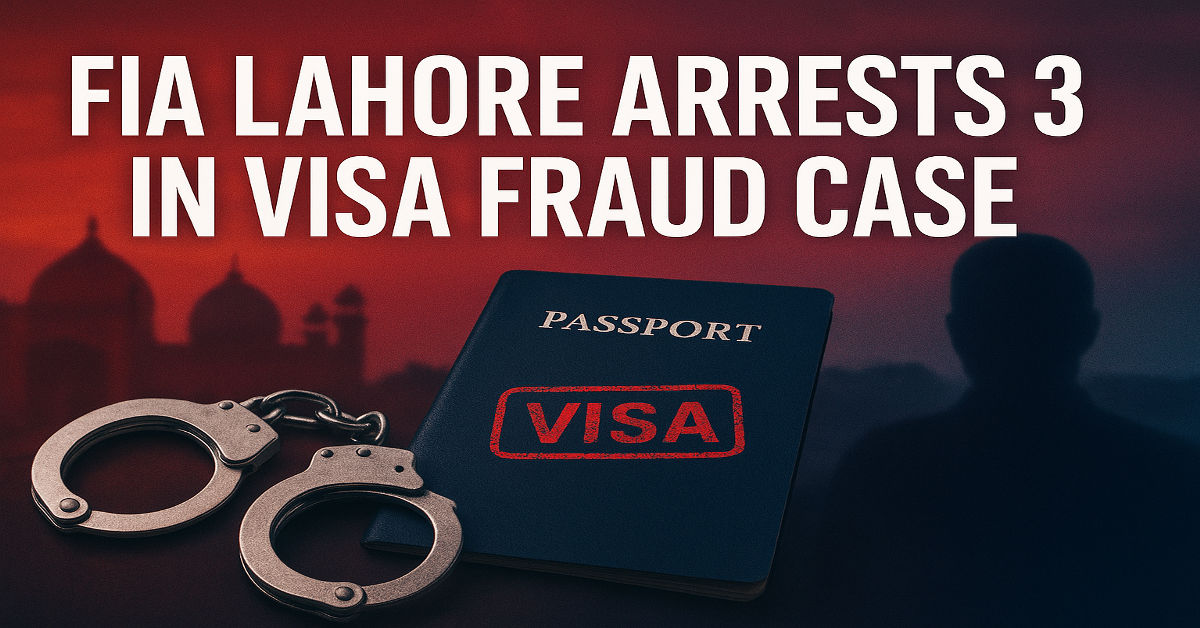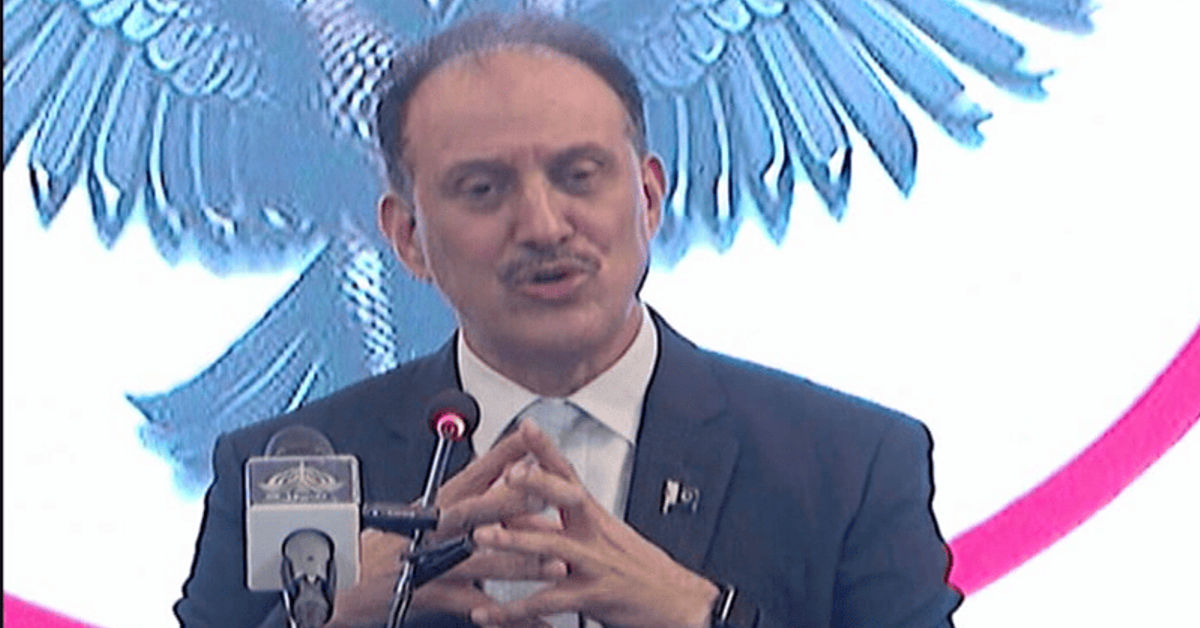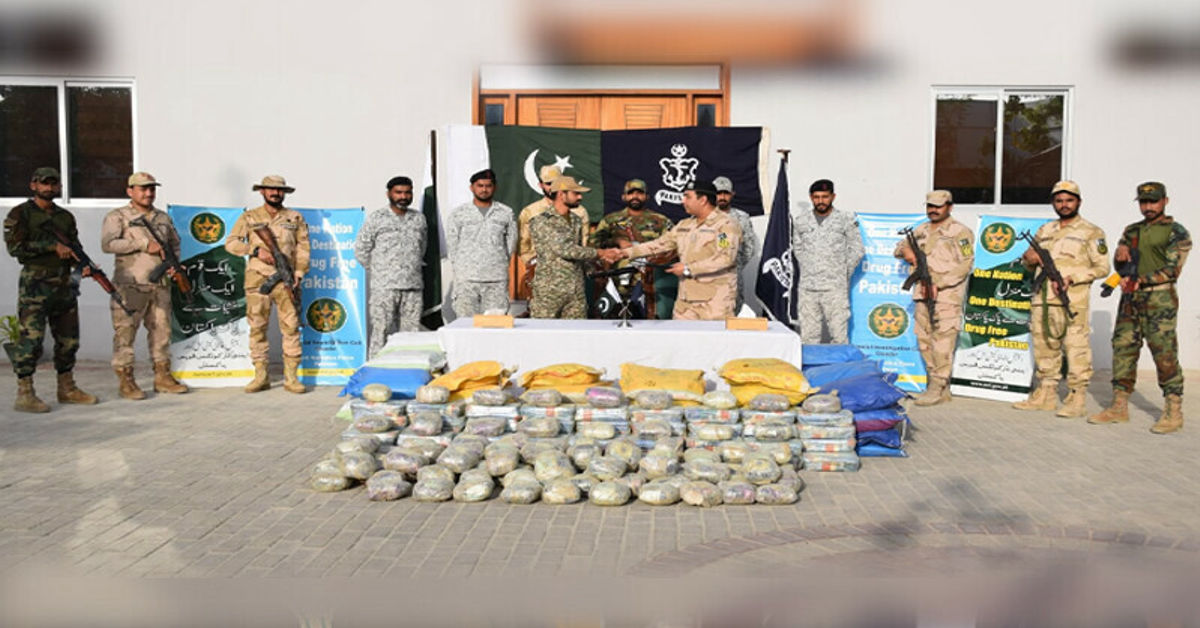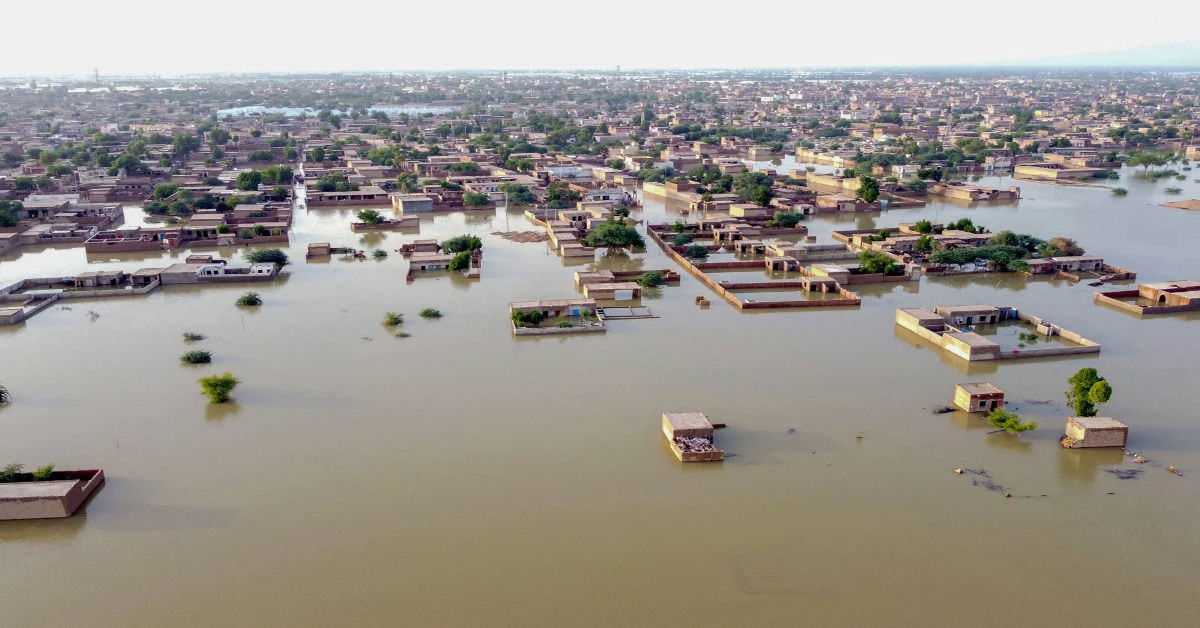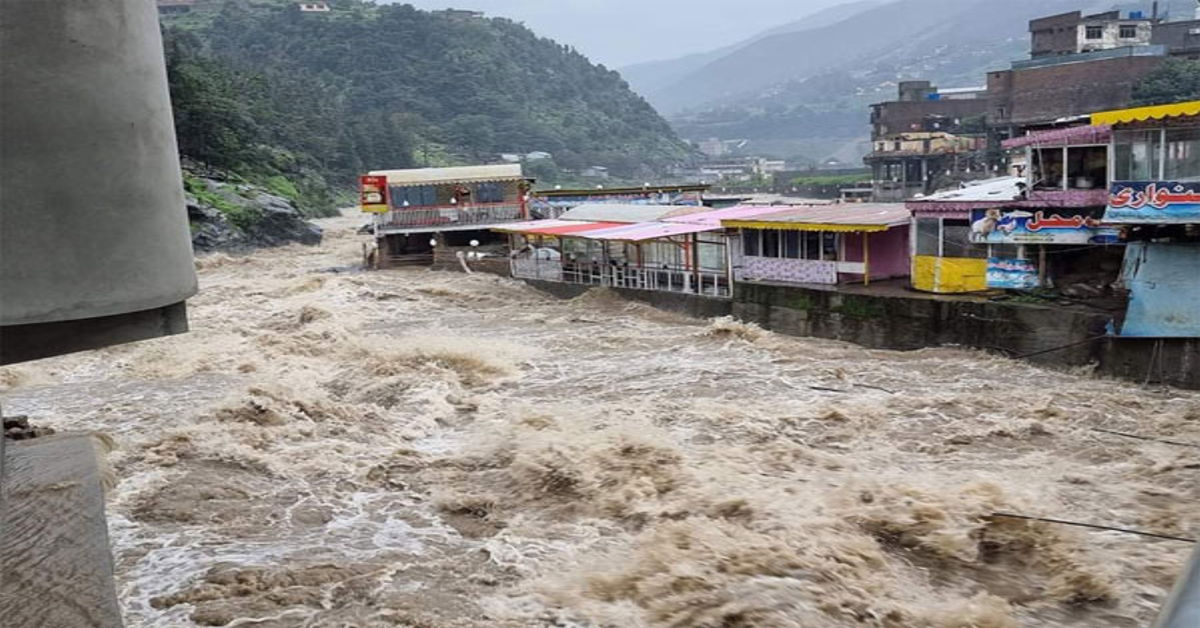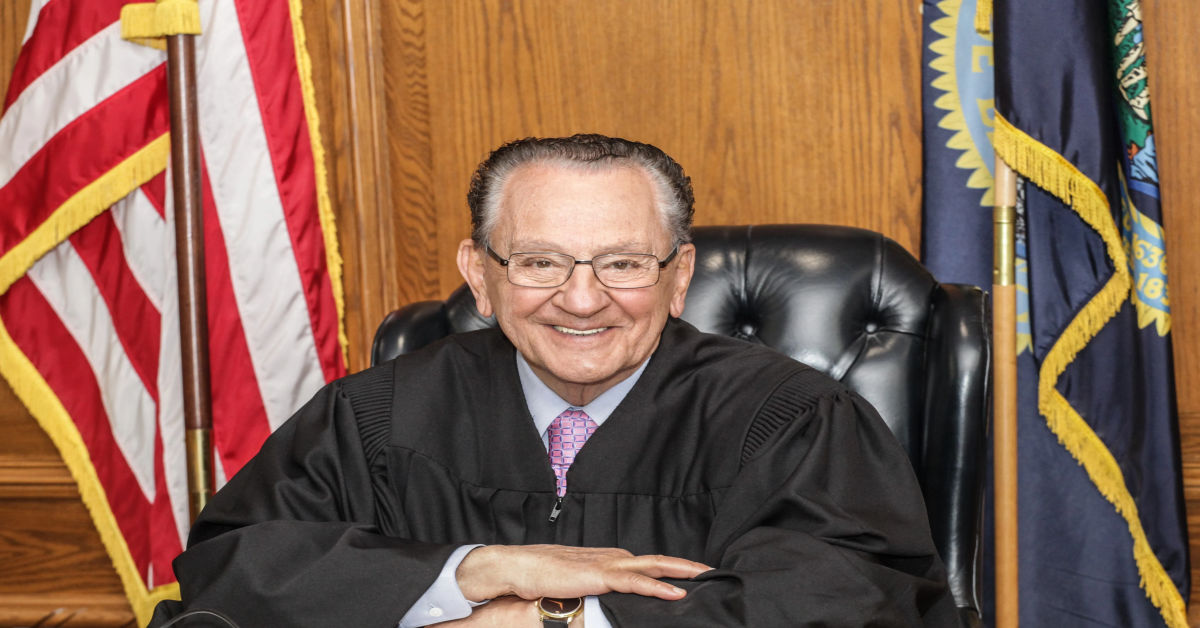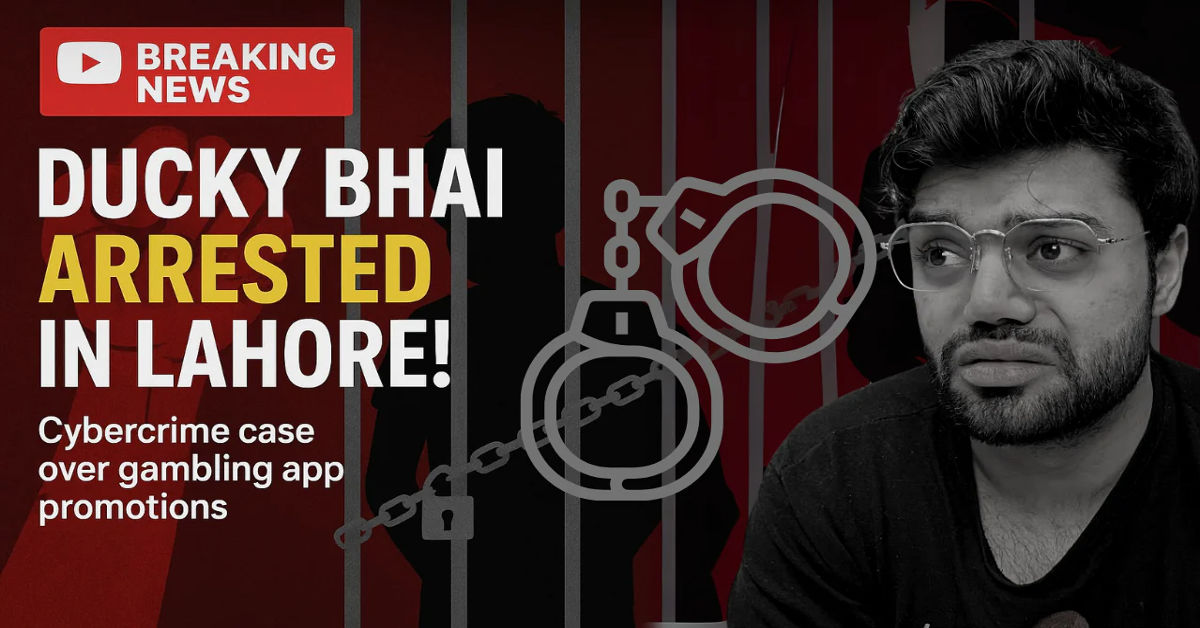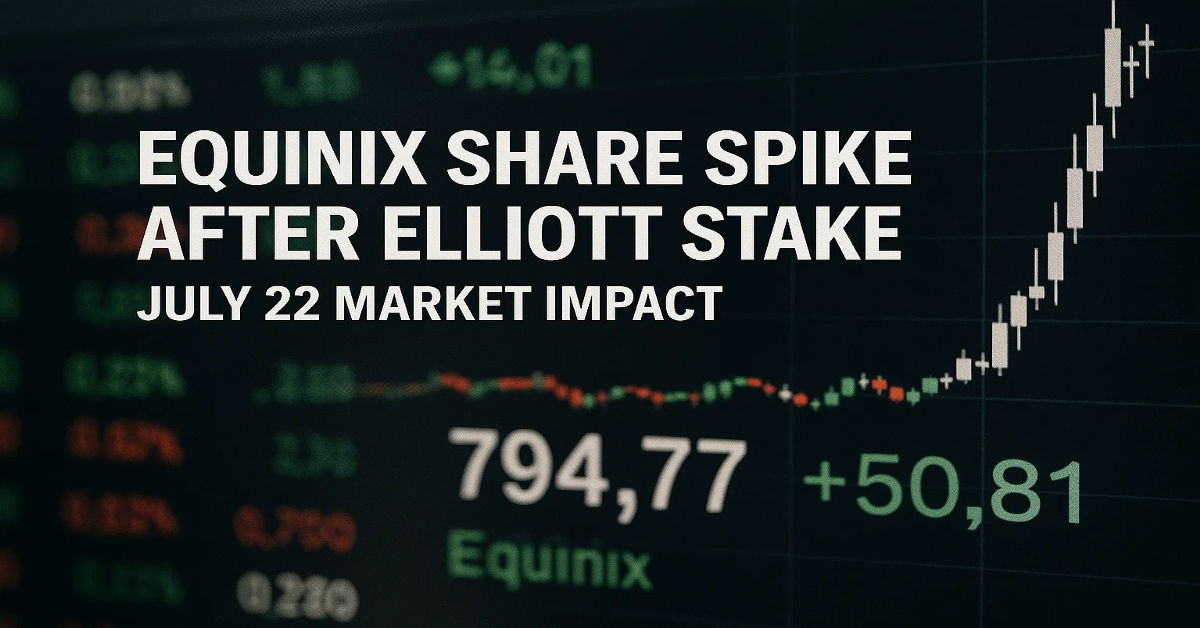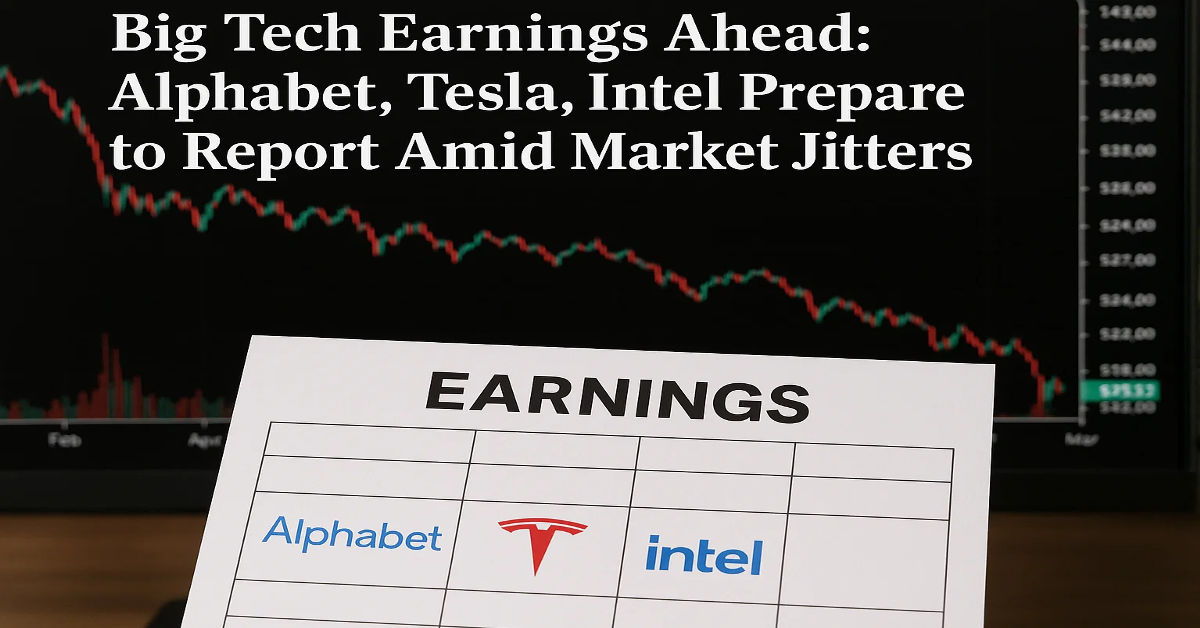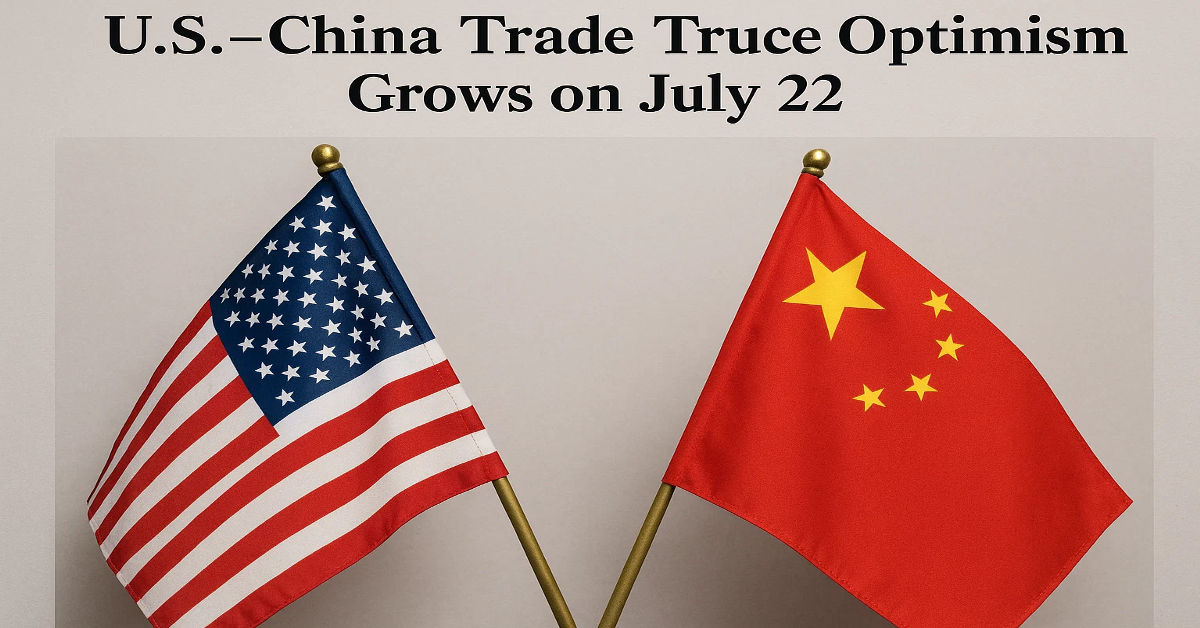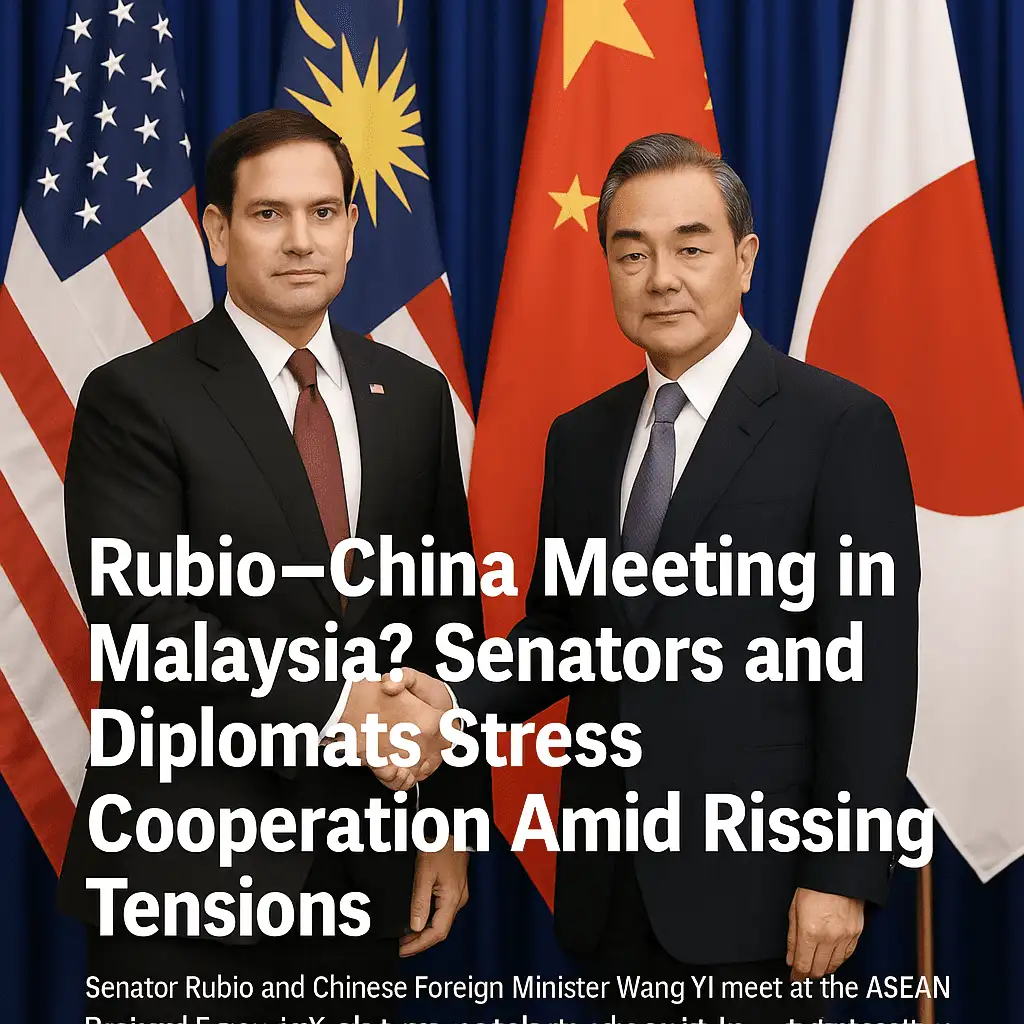
The FBI has shown an unexpected diplomatic controversy in recent days in which it has put an Iranian ambassador on its most wanted list; this development has created a stir in international politics. But the most surprising reaction was from Pakistan, which openly defended this Iranian diplomat. Pakistan, in its official statement, called the FBI’s allegations “baseless” and “politically motivated”. Now the question arises: does this move show the strong ties between Pakistan and Iran? And can this further complicate the already complex relations between Pakistan and America?
Who is the Iranian Ambassador, and Why is He Listed?
Hassan Kazemi Qomi, who is the Iranian ambassador. One of the experienced Iranian diplomats is Hassan Kazemi Qomi, who is currently serving as Iran’s special envoy in Afghanistan. But now the FBI has included him in its most wanted list, due to which his involvement in an “assassination plot” has been stated. U.S. authorities say that they had planned to target an Iranian-American journalist, but Iran and Qomi himself have strongly denied all these allegations. Till now, no concrete proof has been made public, due to which many people are calling this listing a part of political pressure.
Pakistan’s Official Response
Pakistan defends Iranian ambassador by clarifying its official stance immediately after the FBI’s listing. The Foreign Office said that the Iranian ambassador is a “respected diplomat” who is serving in a fully legal capacity. Pakistan called the FBI’s allegations “unfounded” and “diplomatically inappropriate”. They also emphasized that listing any diplomat in such a manner is against the Vienna Convention on Diplomatic Relations. Pakistan highlighted its strong bilateral trust with Iran and said such accusations will not affect their regional cooperation. This response clearly shows that Pakistan stands strongly with its Iranian partners.
Diplomatic Ties
Particularly in border security, trade, and cultural ties, Pakistan and Iran have historically maintained close relations. Countries have Muslim-majority populations, and they share religious, historical, and linguistic similarities that help to solidify their ties. Pakistan has always sought to have a peaceful and friendly foreign policy with Iran. Though foreign sanctions have postponed them, major projects like the Iran-Pakistan gas pipeline also demonstrate economic cooperation between the two countries. Defending the Iranian diplomat under such circumstances shows Pakistan’s long-term diplomatic trust rather than only political action.
The U.S. Angle: Complicated Alliances
Pakistan and America’s ties have always been a little complicated, sometimes a solid alliance, to sometimes distrust. Particularly on Afghanistan and counterterrorism topics, the U.S. has always anticipated strategic collaboration with Pakistan. Washington found it unpalatable when Lekin publicly supported the defences of an Iranian ambassador. Pakistan is in a difficult position as it has to safeguard its regional interests and also balance its relations with the U.S. Pakistan’s message in this situation is clear: without any external influence, it wants to preserve its foreign policy as sovereign and independent.
Regional Implications
The effects of this dispute may be felt throughout the area, not just in Pakistan, Iran, and the US. Players from Gulf countries and India would also get wary if Pakistan and Iran’s relations improve. Particularly in light of CPEC, China would also be closely watching these events. Iran might also seize this chance to tighten its trade and security relations with Pakistan. Diplomatic specialists claim that a new alignment of alliances and blocs may be witnessed in South Asia should such events recur.
Media Reactions and Public Discourse
The media reaction to this topic was likewise very aggressive. Pakistan’s media mostly supported the government’s position and questioned the FBI’s designation. While the Iranian press referred to Pakistan’s support as diplomatic solidarity, some news channels called it a test of Pakistan’s sovereignty. Reactions on social media sites, particularly Twitter and YouTube, were divided. Some people are applauding Pakistan’s courageous stance; others are debating its superfluous stress. Political pundits and reporters have begun conversations as well on this subject, whereby Pakistan’s regional footprint is under intense examination.
Historical Precedents
This is not the first time a diplomat has been targeted at the international level. Particularly following the collapse of the nuclear agreement, the United States has also previously sanctioned some Iranian officials and diplomats or placed them on wanted lists. However, in many instances, the nations concerned have reacted strongly and shielded their diplomats, much as Russia, China, and Turkey have. Pakistan’s response also looks to be one of those historical instances when a nation exhibits foreign policy independence. It reveals how every country in international politics prioritises its strategic and regional interests, even if it goes against a superpower like the U.S.
FAQs:
Q1: What propelled the FBI to include the Iranian envoy on the most wanted list?
The FBI claims the Iranian ambassador was possibly engaged in an assassination plan, but so far, no tangible evidence has been released. Iran and its own believe these are all political.
• Q2: Why did Pakistan guard the Iranian ambassador?
Pakistan asserts that the ambassador is a genuine and legal diplomat. Islamabad has also declared that such accusations go against diplomatic protocol.
Q3: Pakistan America relations be impacted by this event?
It could, as the U.S. considers this list seriously. Pakistan, however, is putting its national and regional interests first.
Q4: What form are Pakistan and Iran’s ties?
Historically, the two nations have gotten along well. Cooperation abounds in cultural ties, trade, and border security.
Q5: Might this controversy aggravate existing tensions in the area?
maybe. This problem goes far beyond teen nations; other regional heavyweights, including India, China, and Gulf nations, are also carefully following these events.
Conclusion:
Pakistan chose its side in this whole event, a diplomatic challenge. Defending the Iranian ambassador demonstrated Pakistan’s regional interests and independent foreign policy, as well as a statement. Countries must use clever diplomacy while safeguarding their national interests in a world of fast-changing alliances. Pakistan sent the message that it seeks respectful and balanced relationships with its neighbours, free of any foreign pressure. Whether this attitude would generate fresh problems or reinforce long-term.

